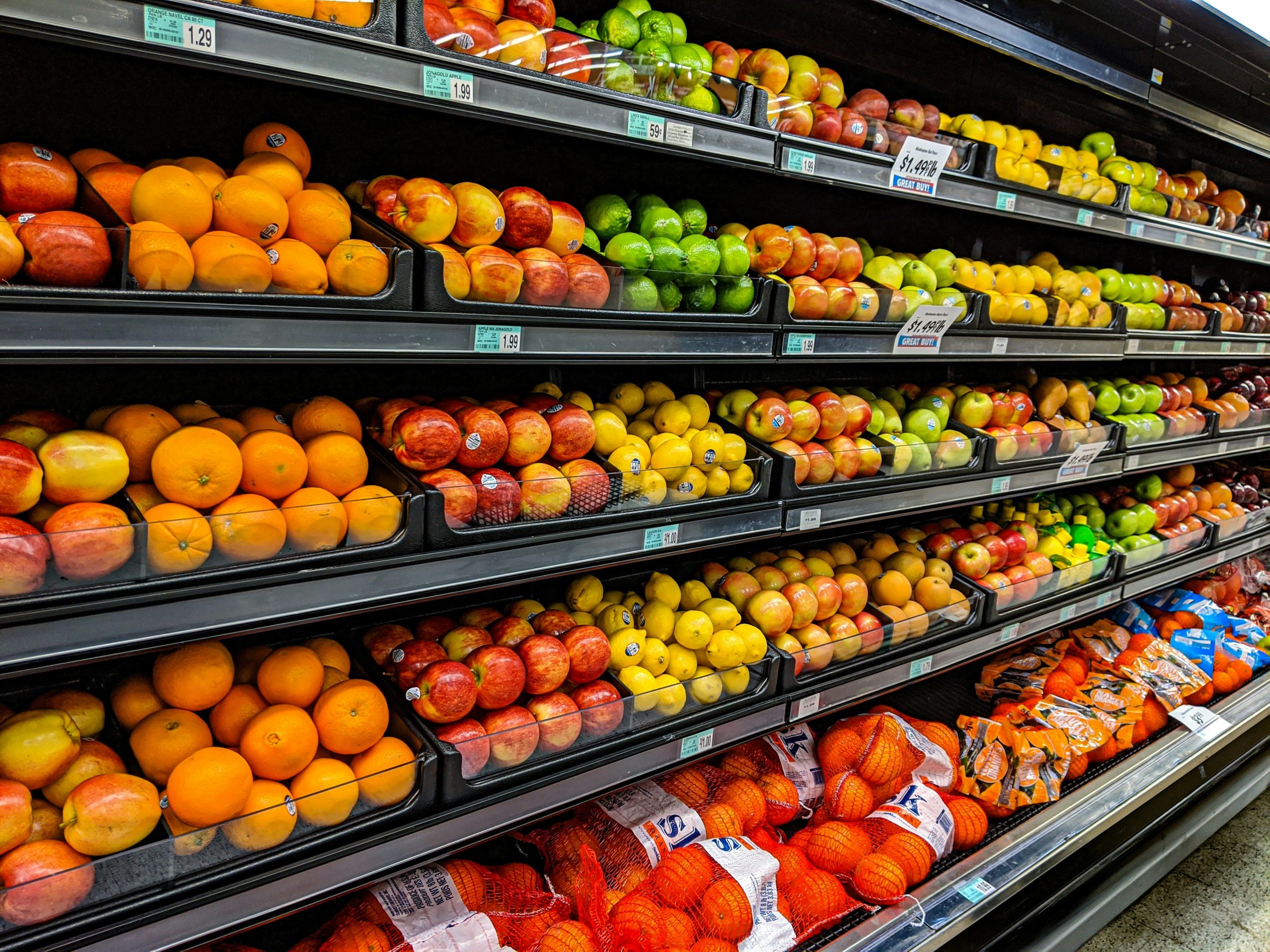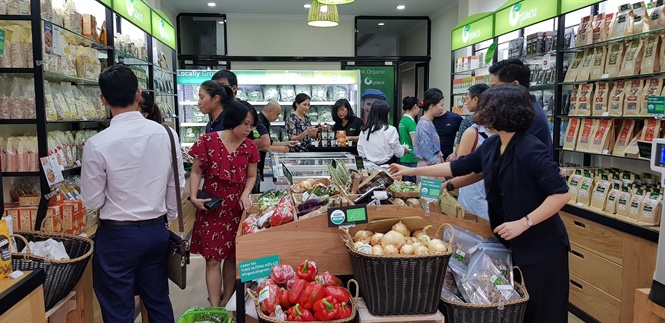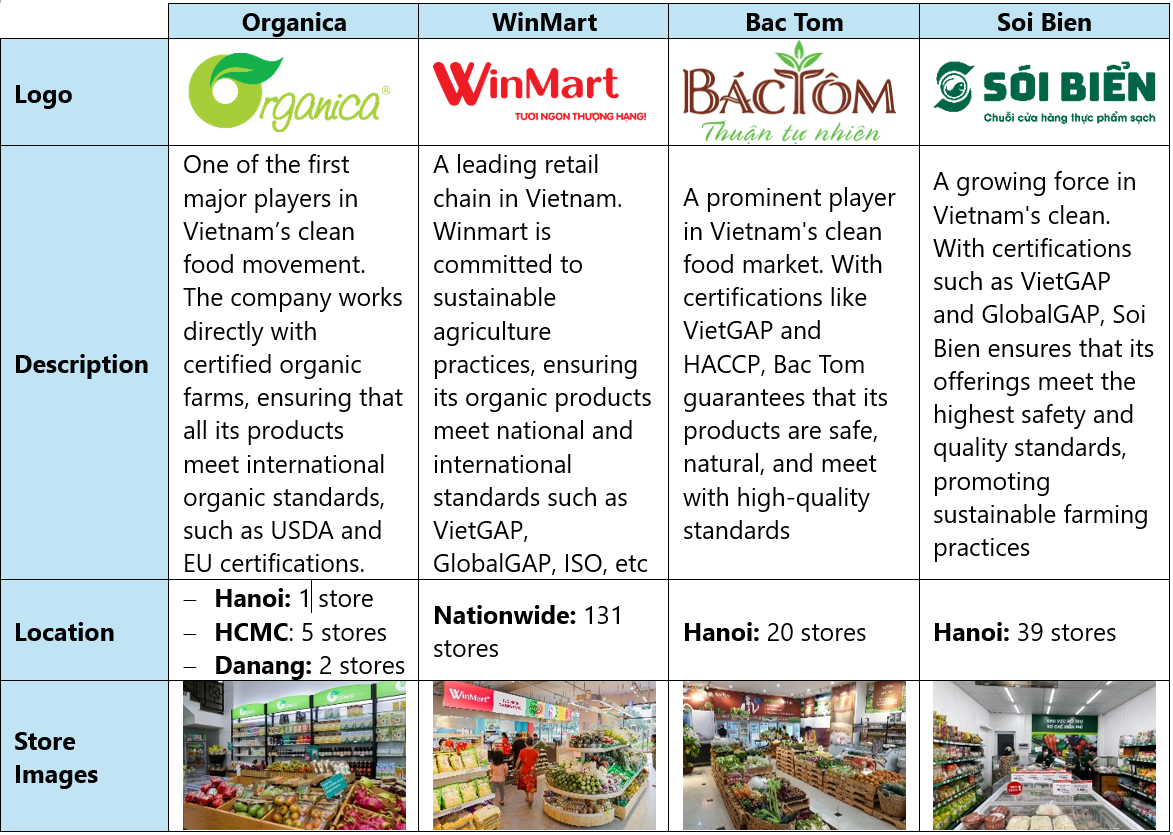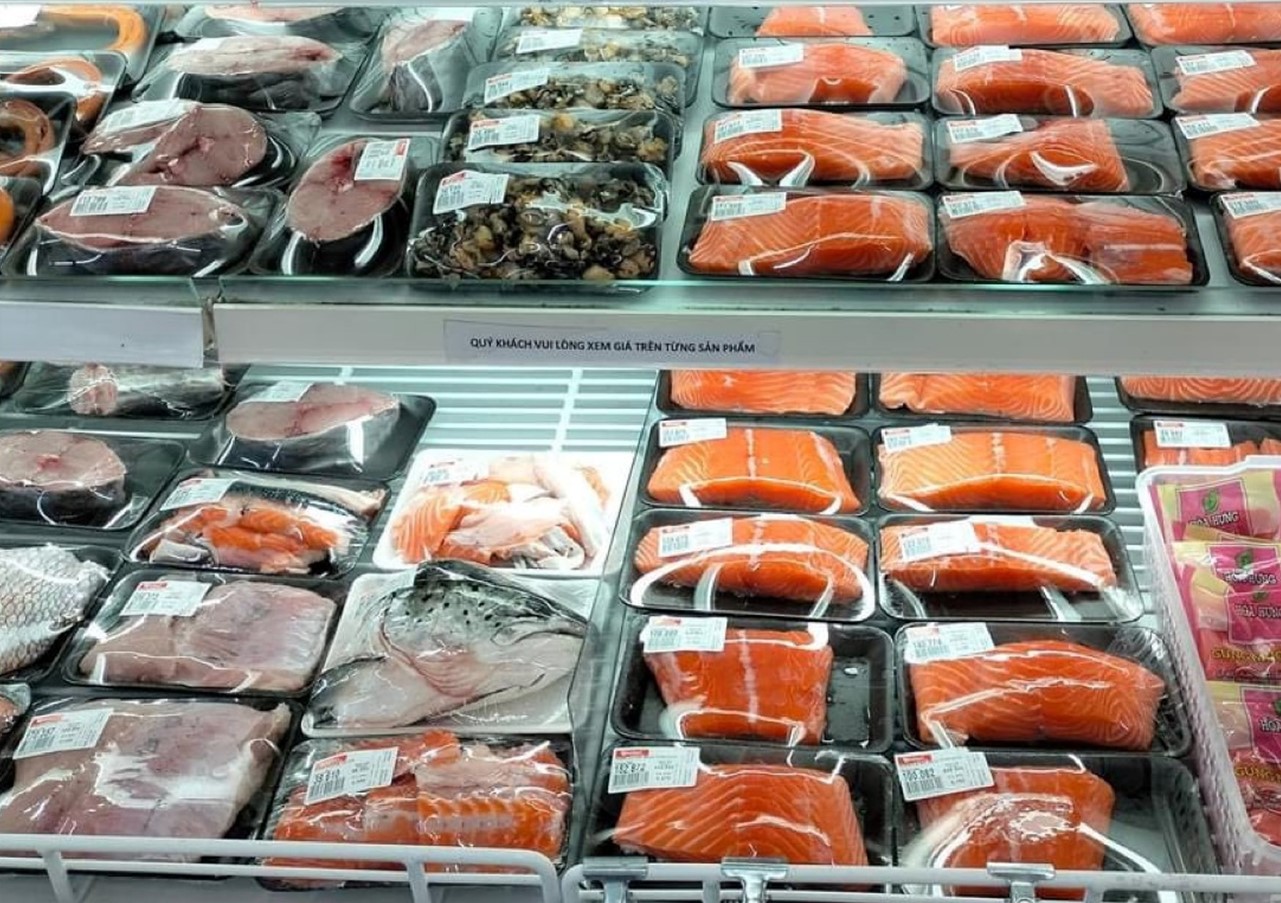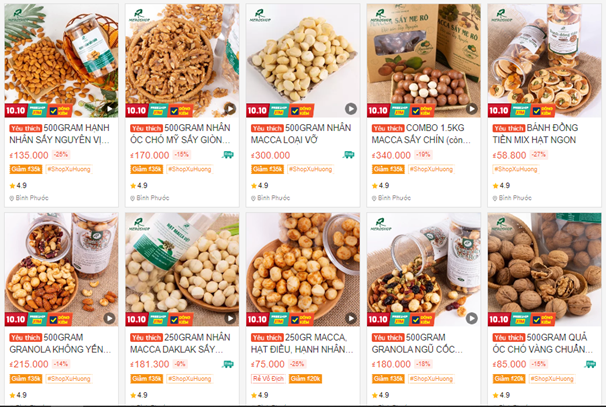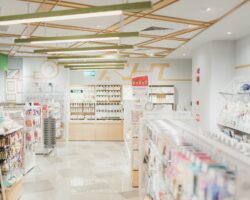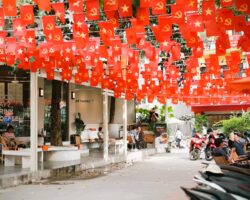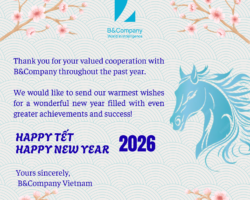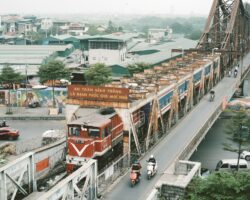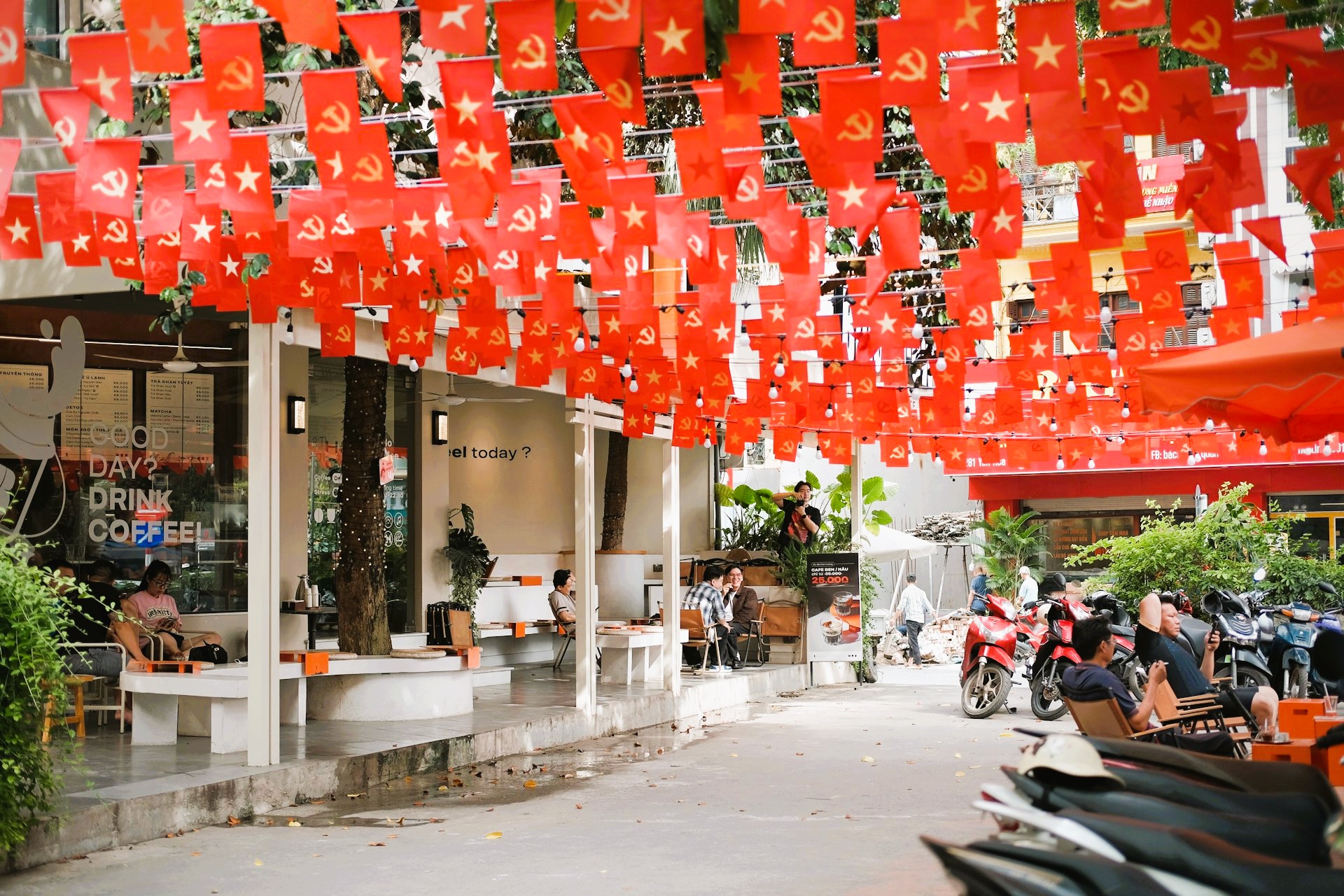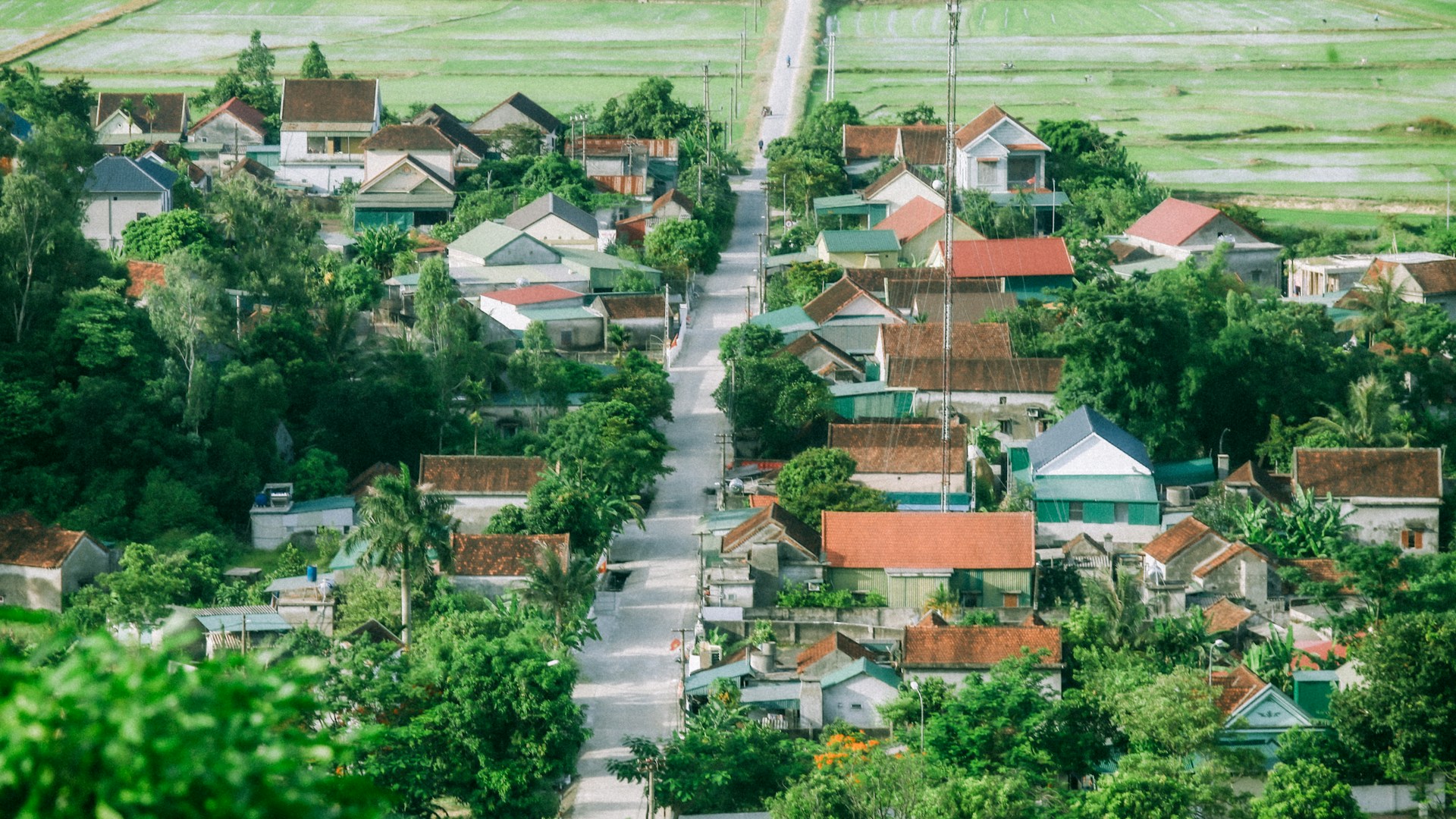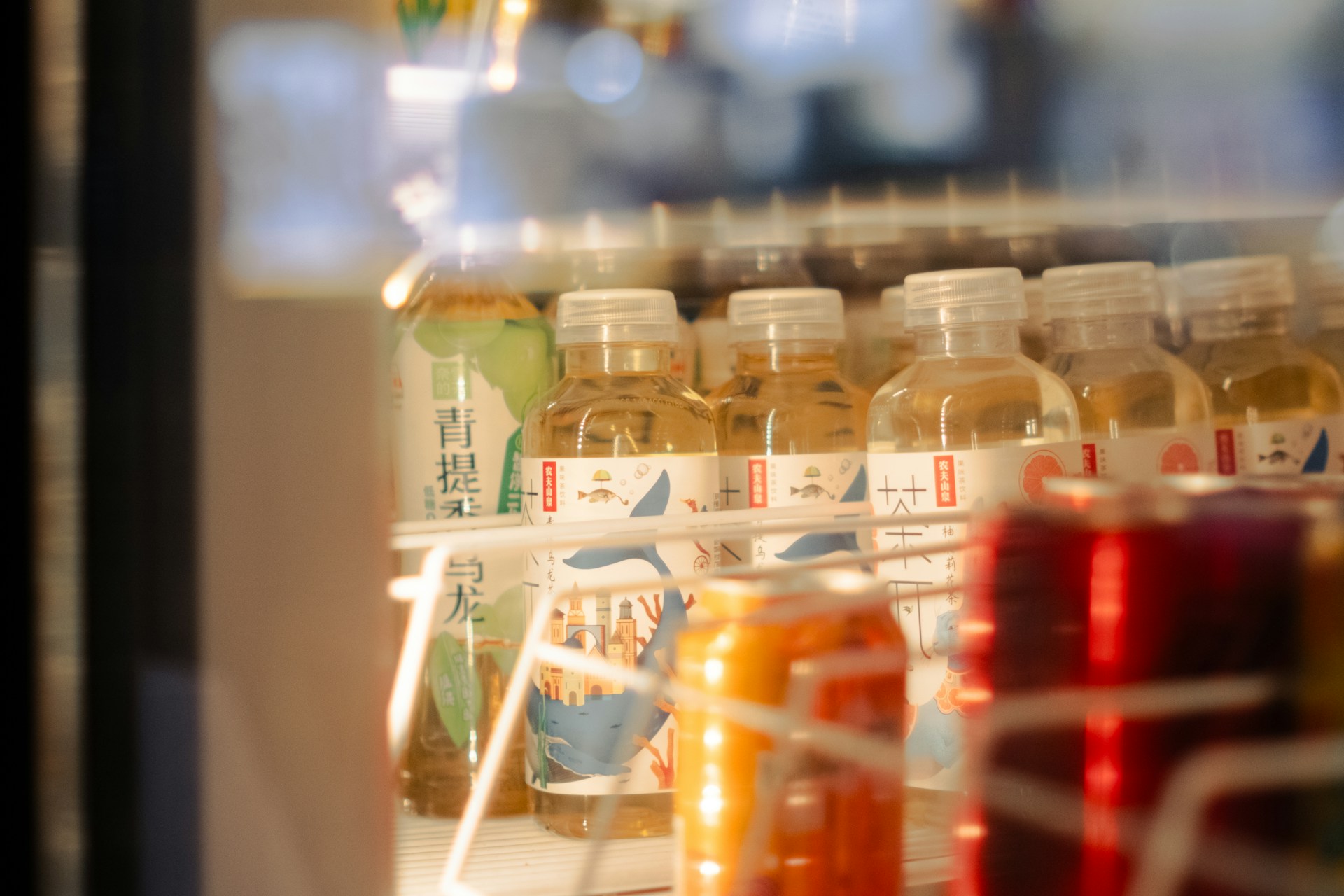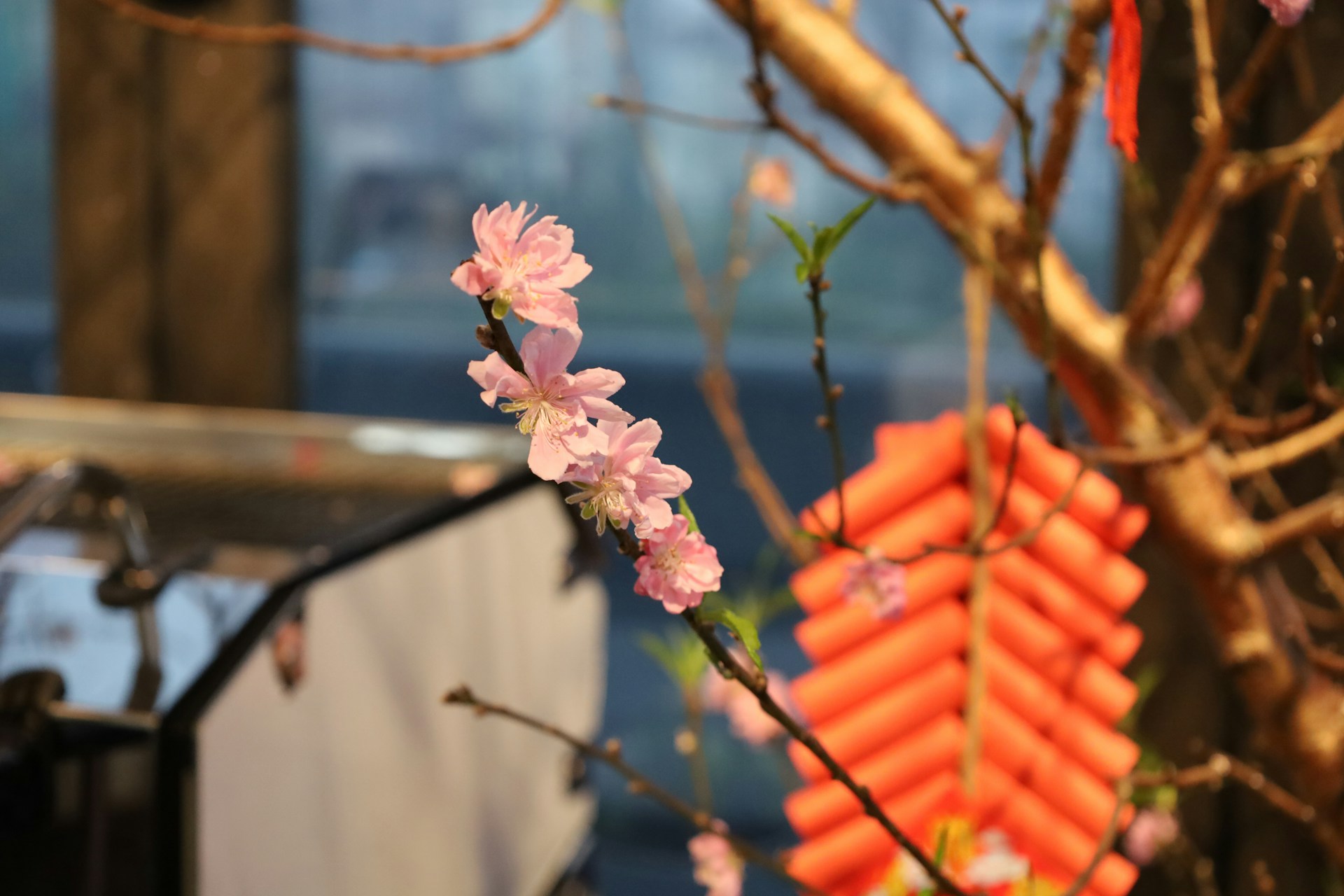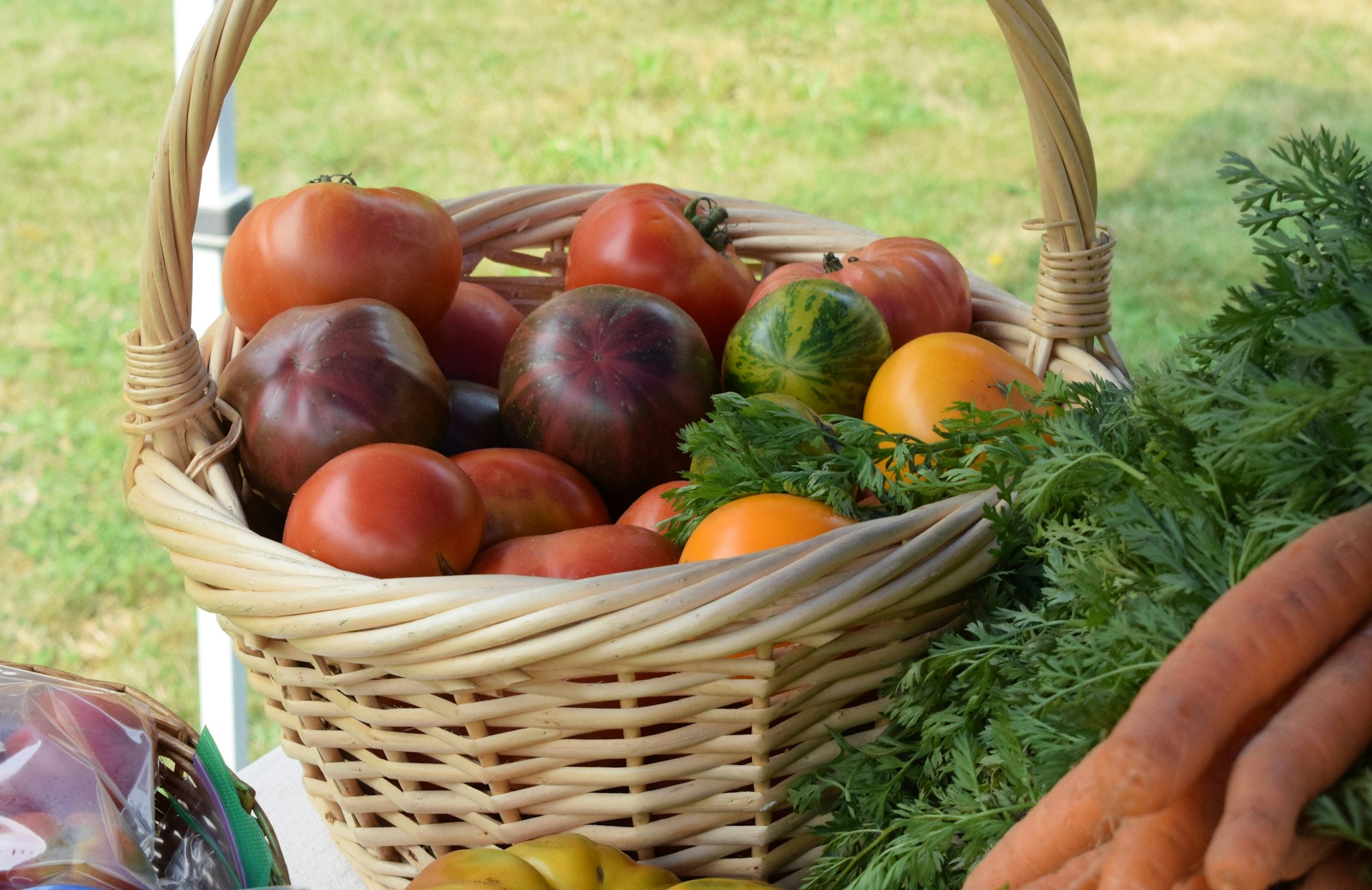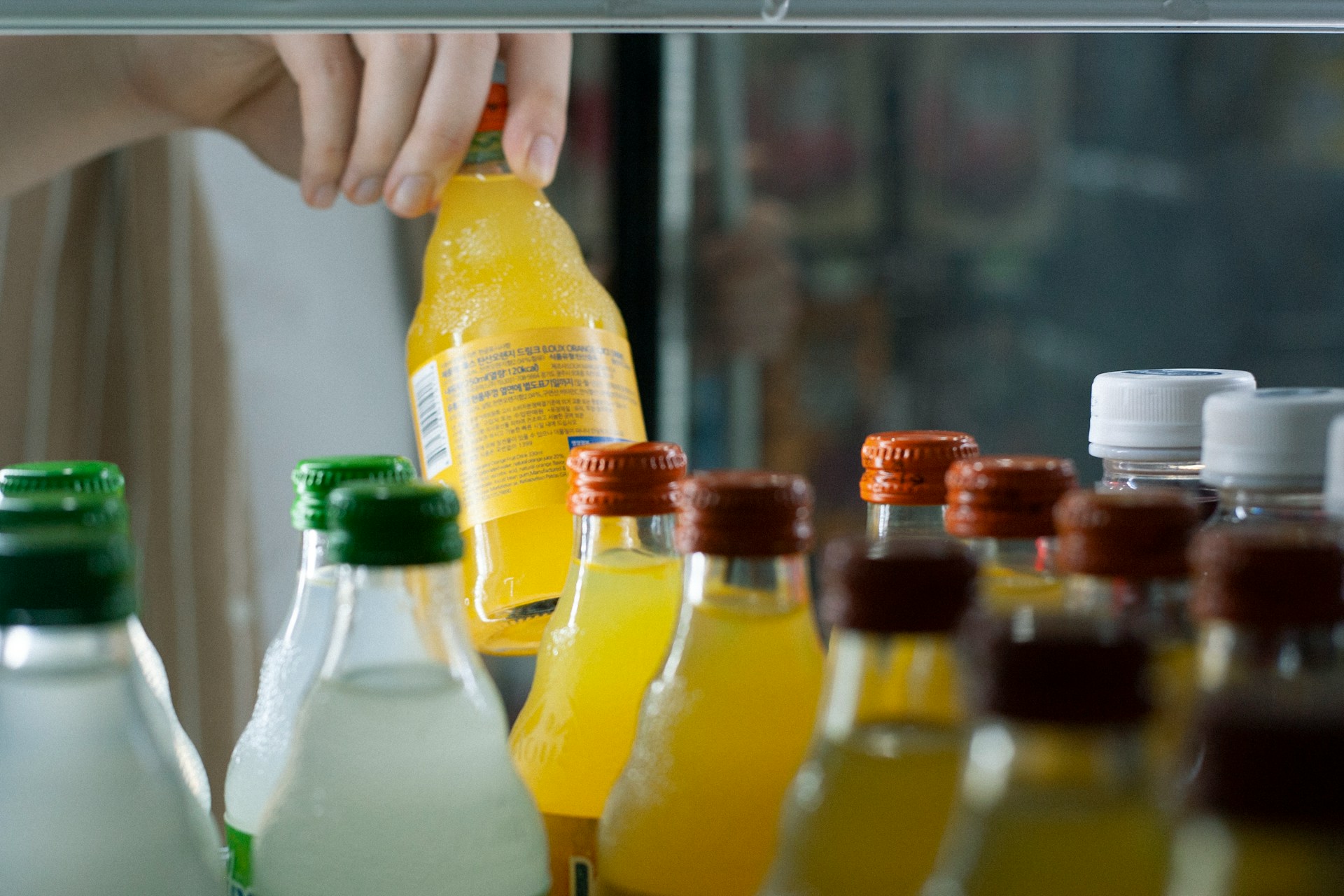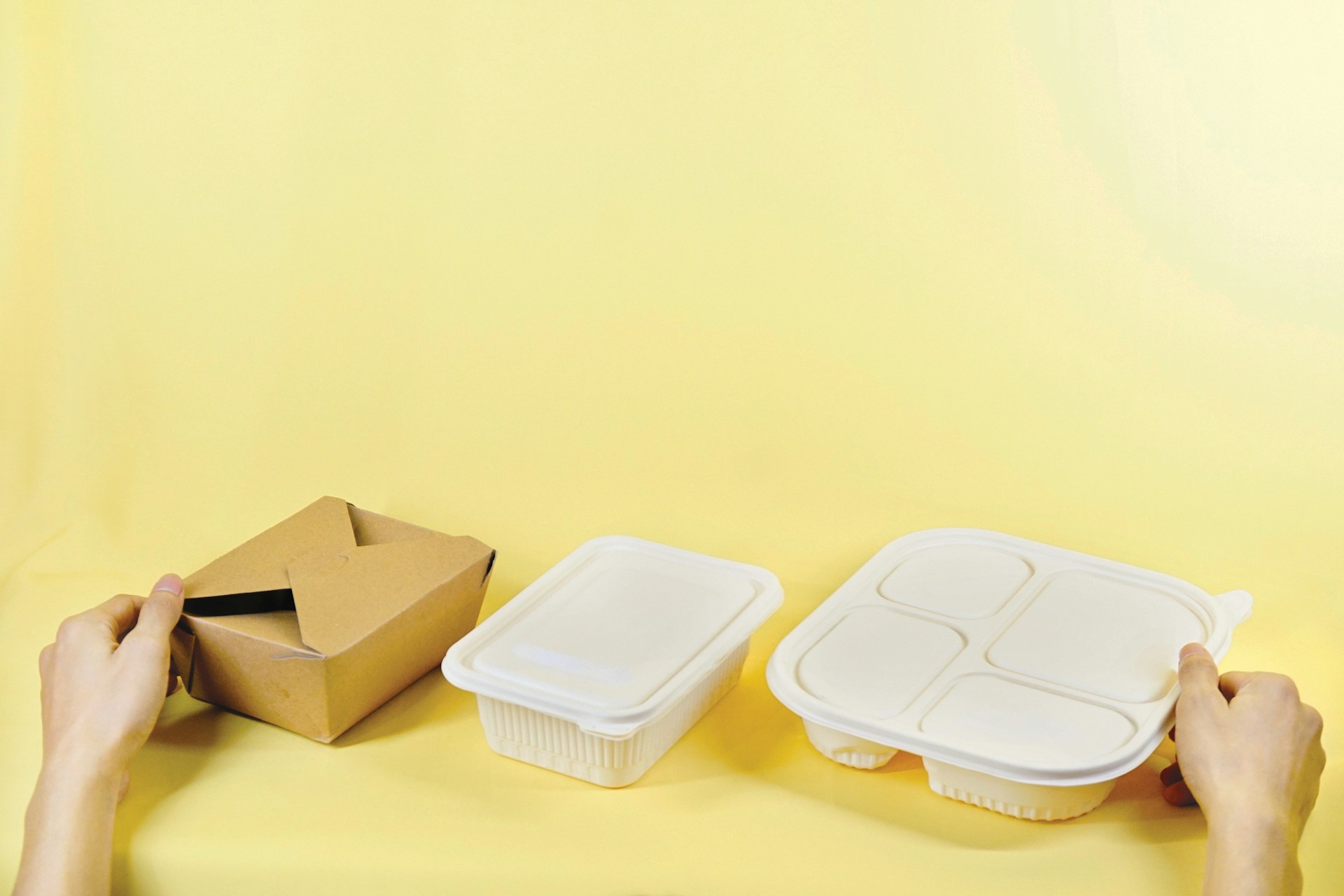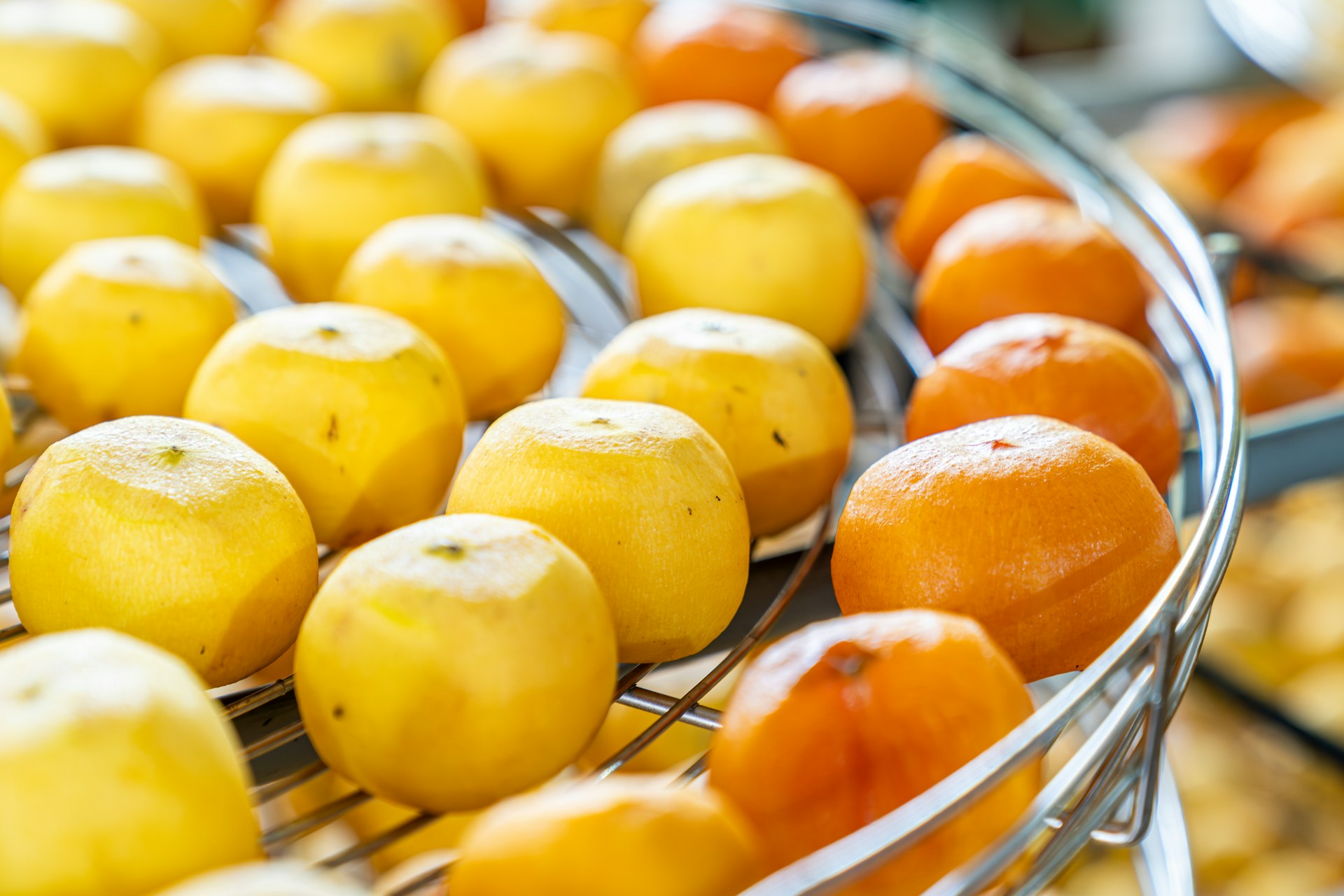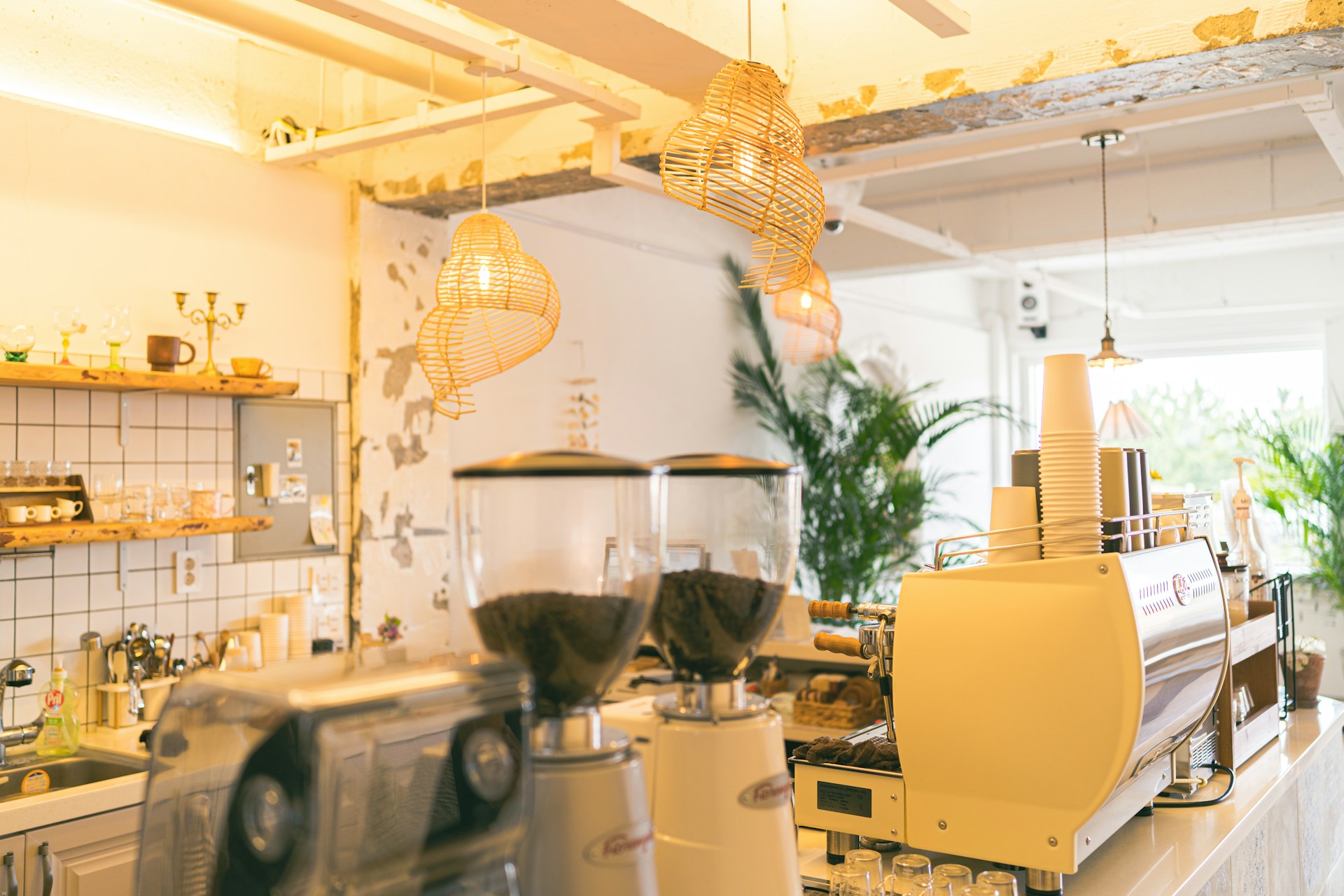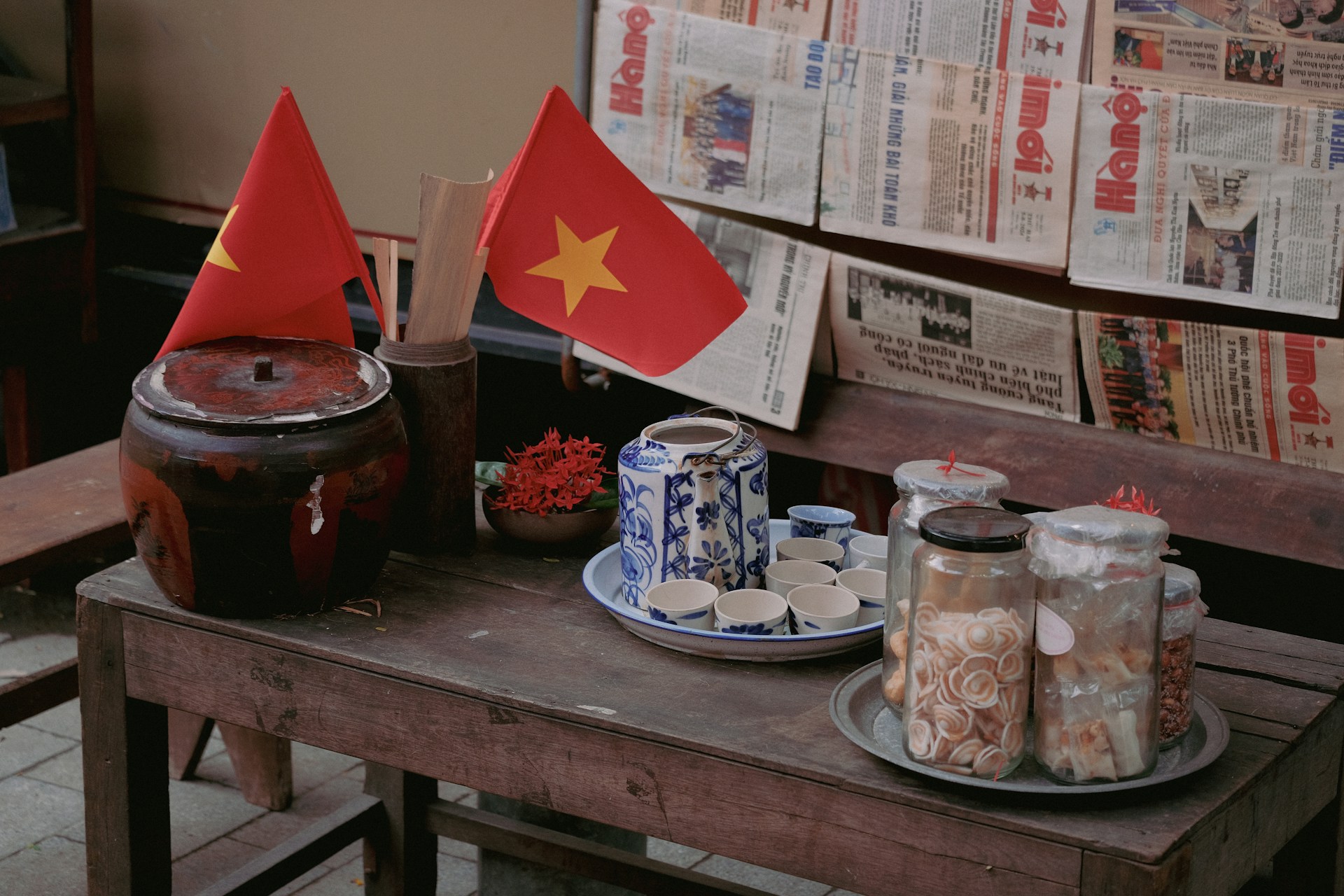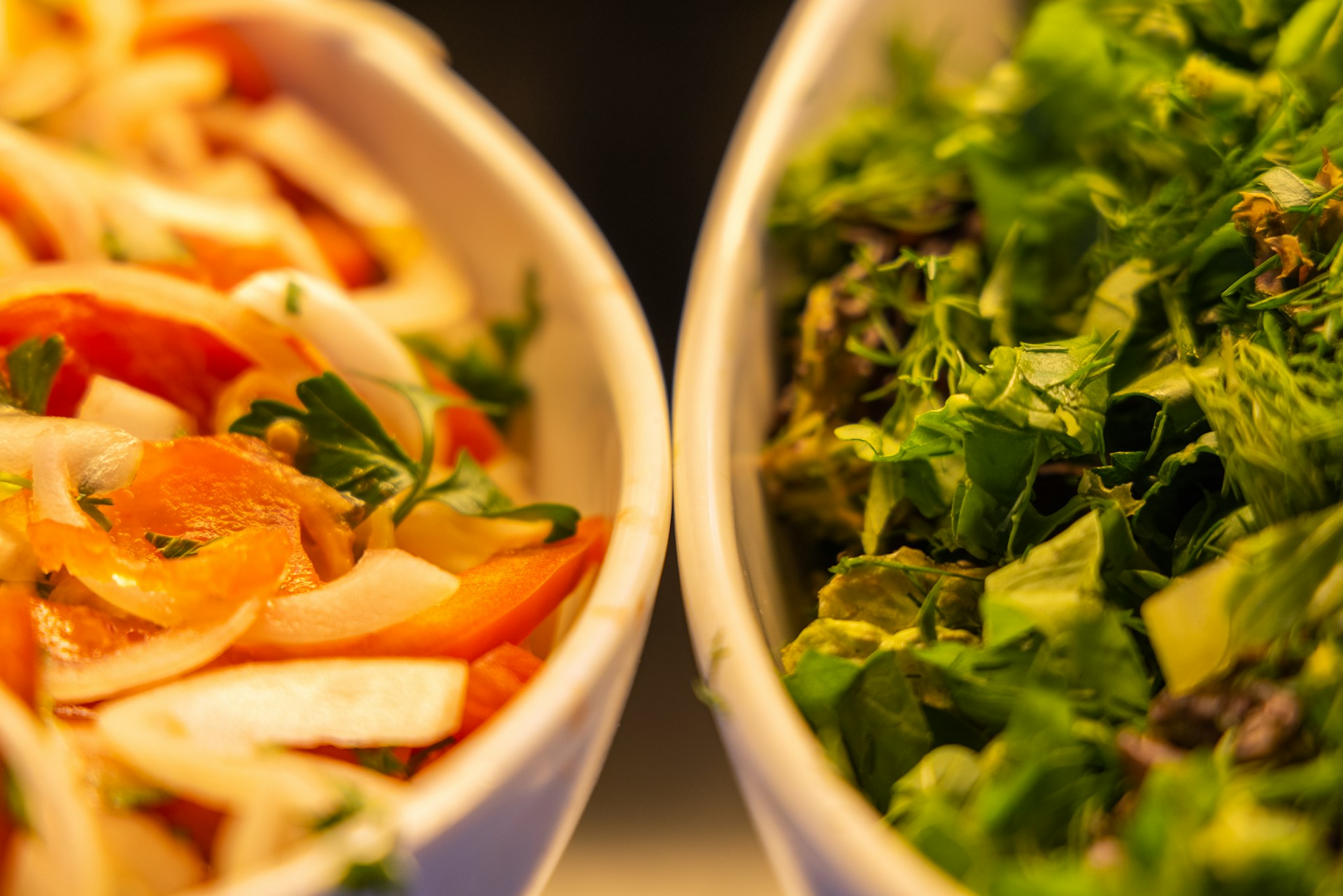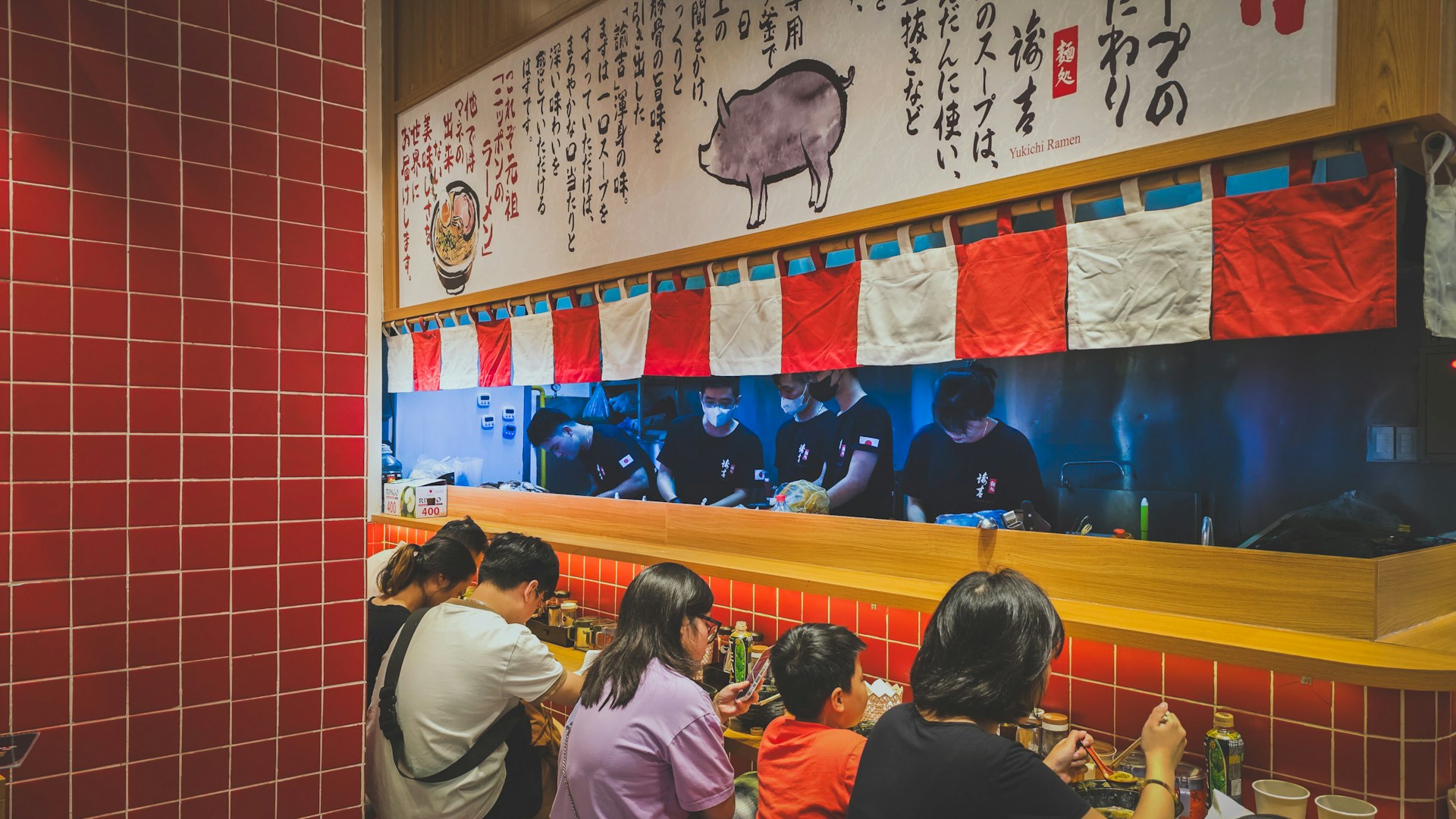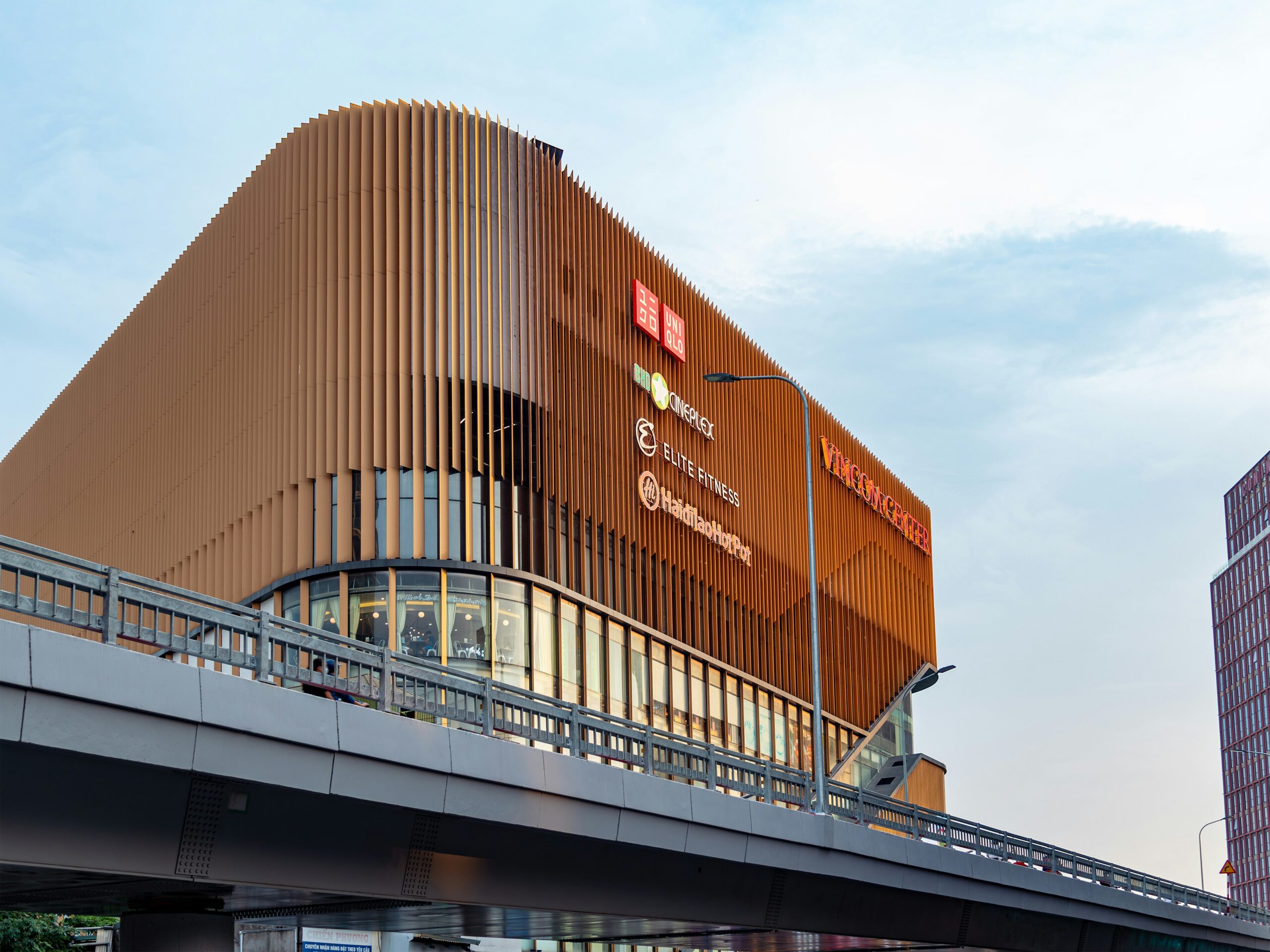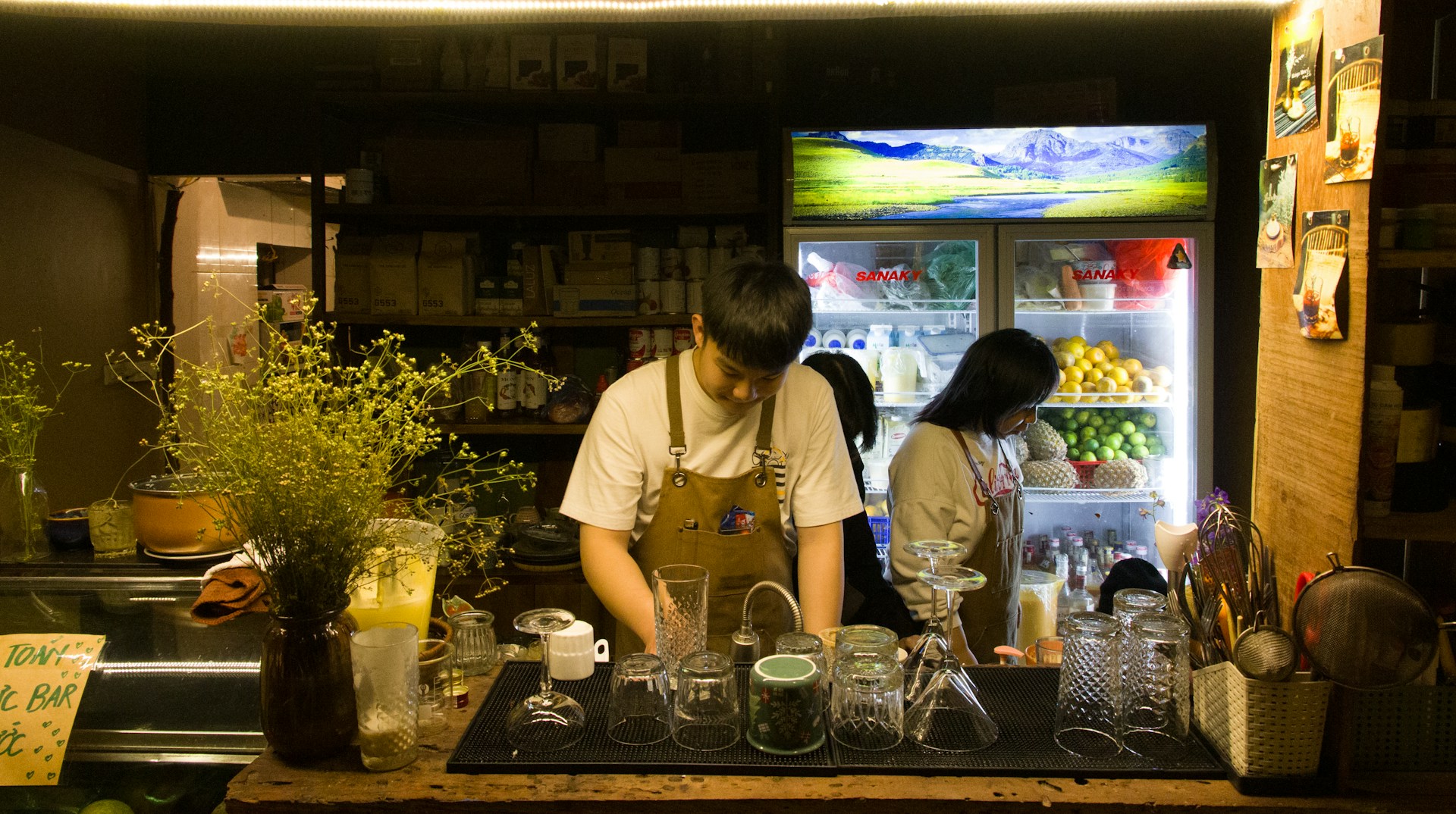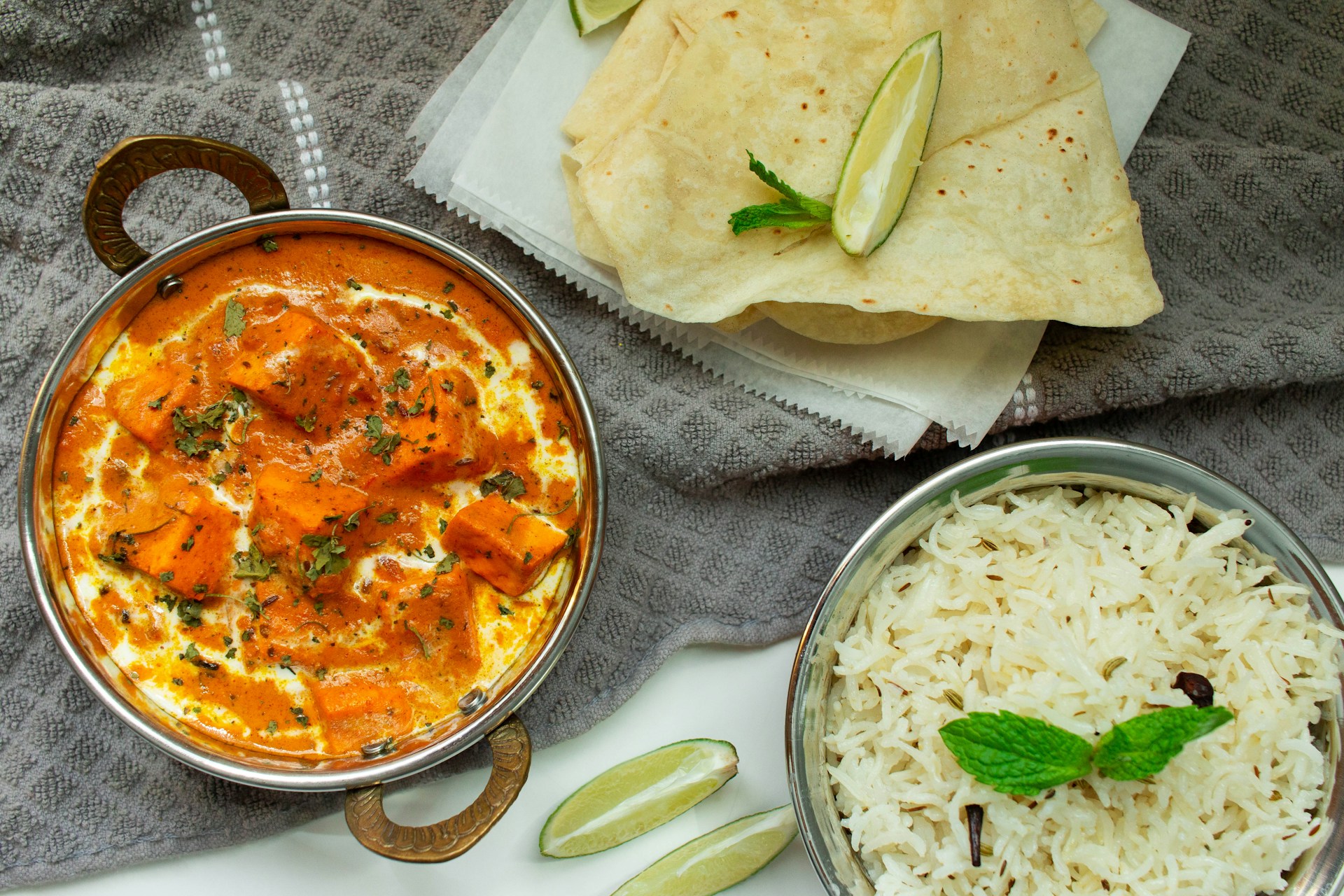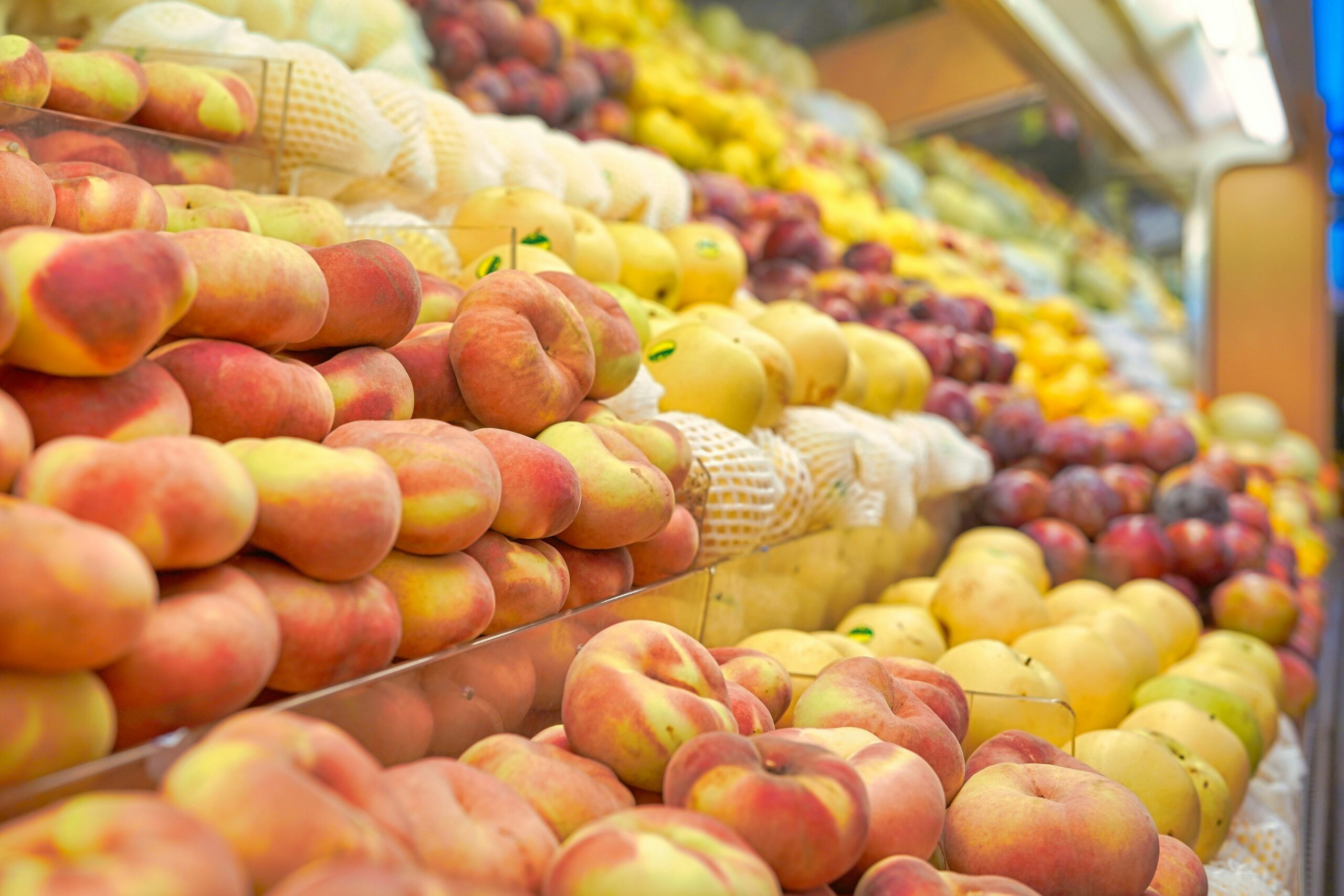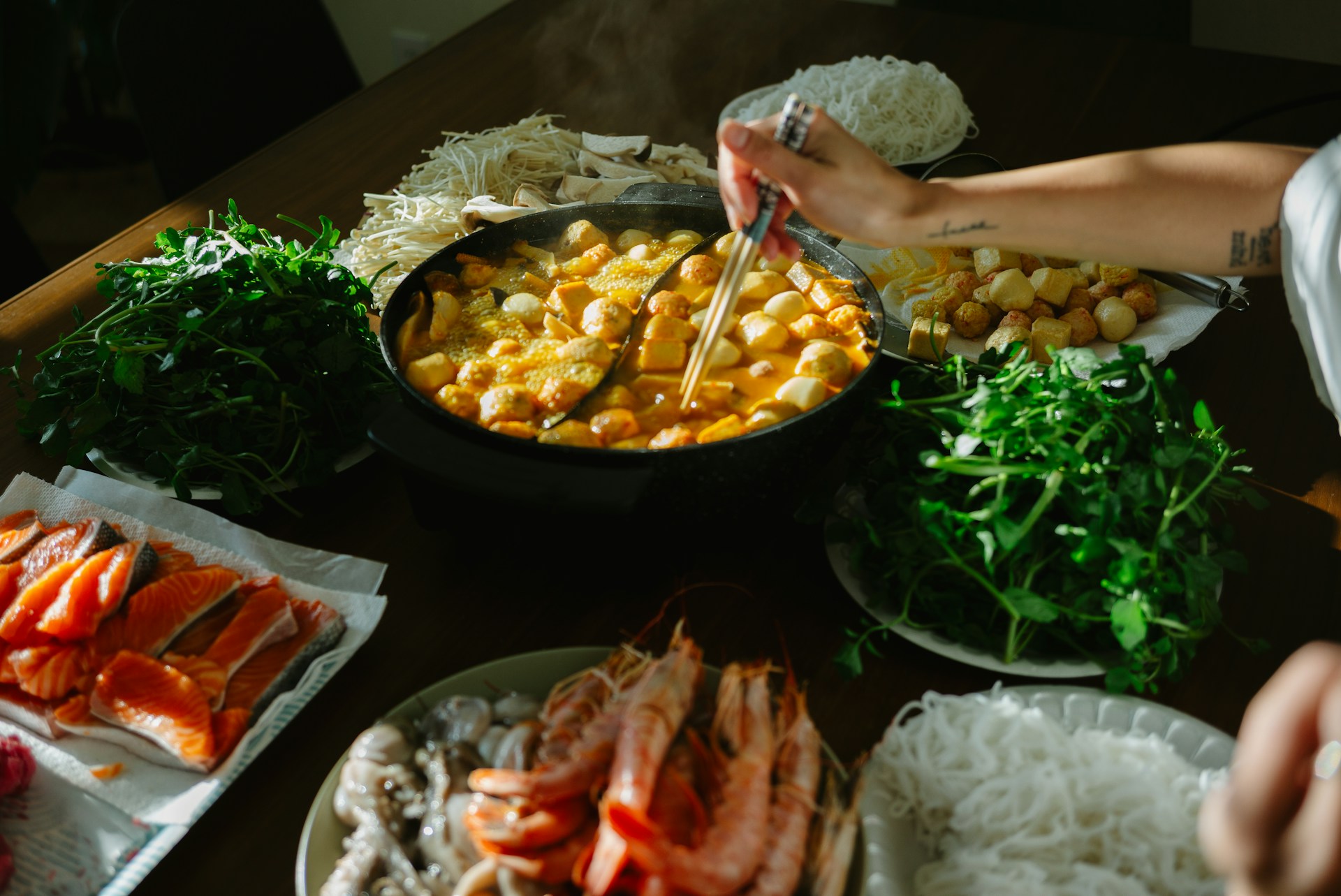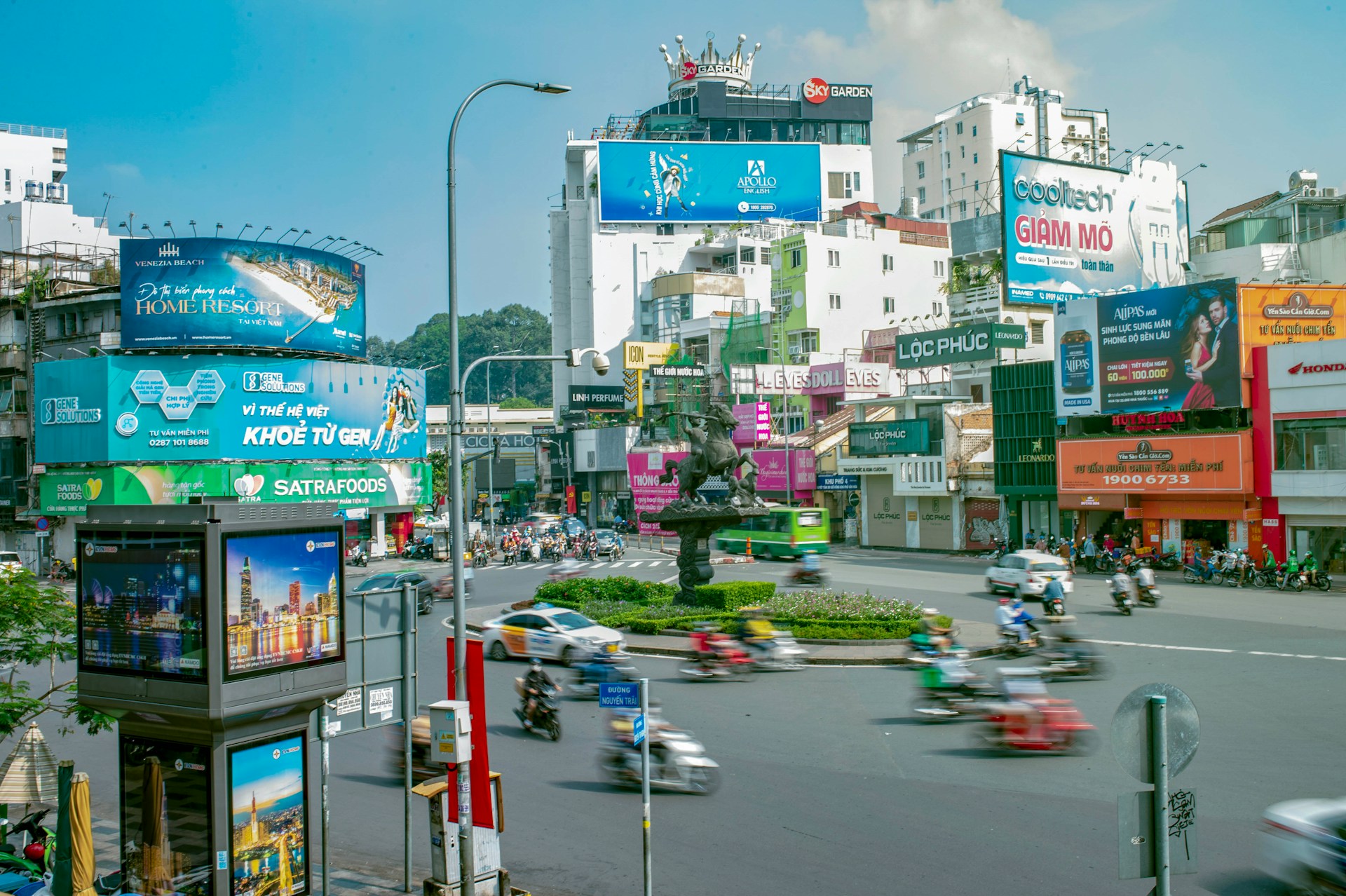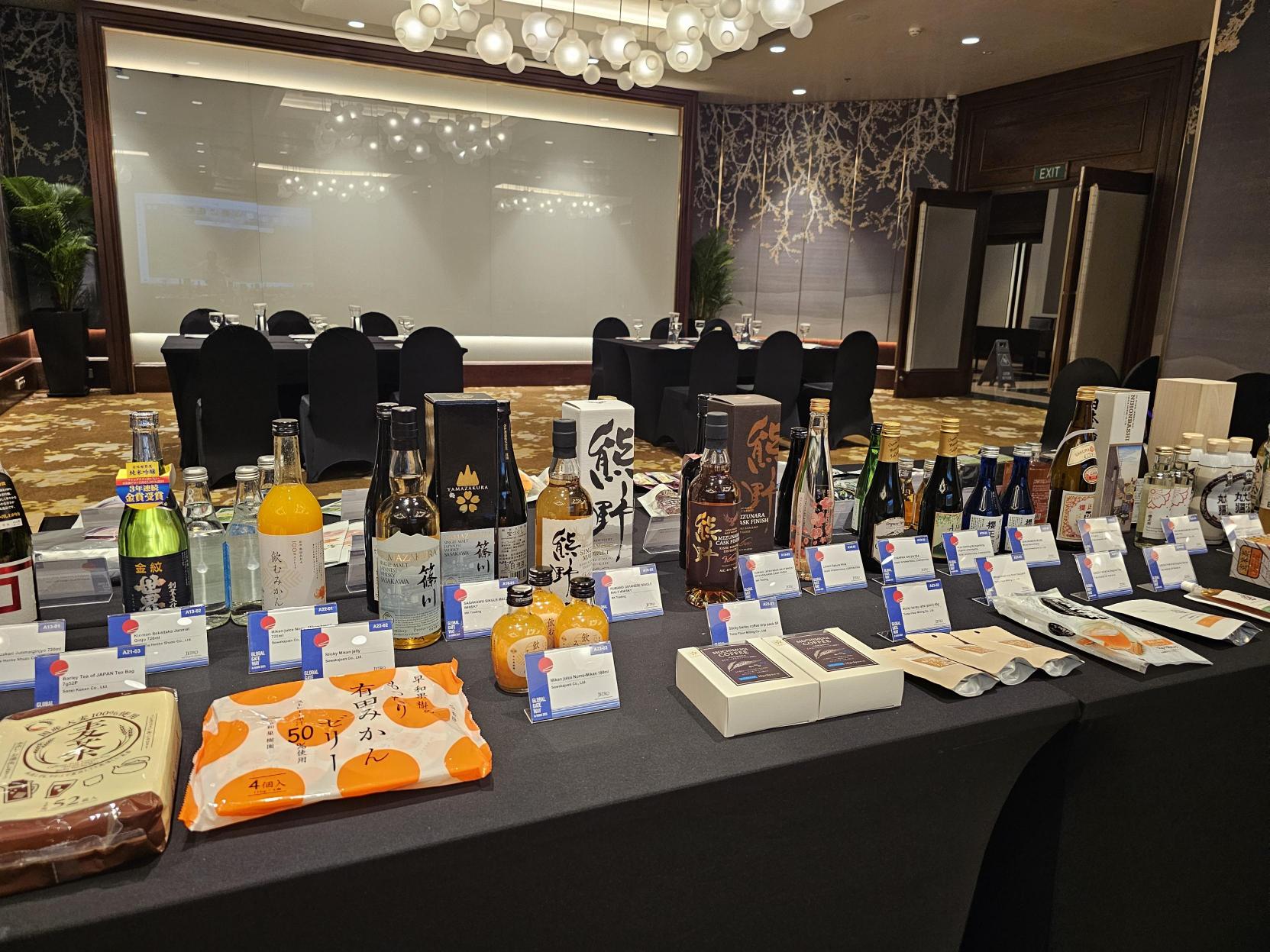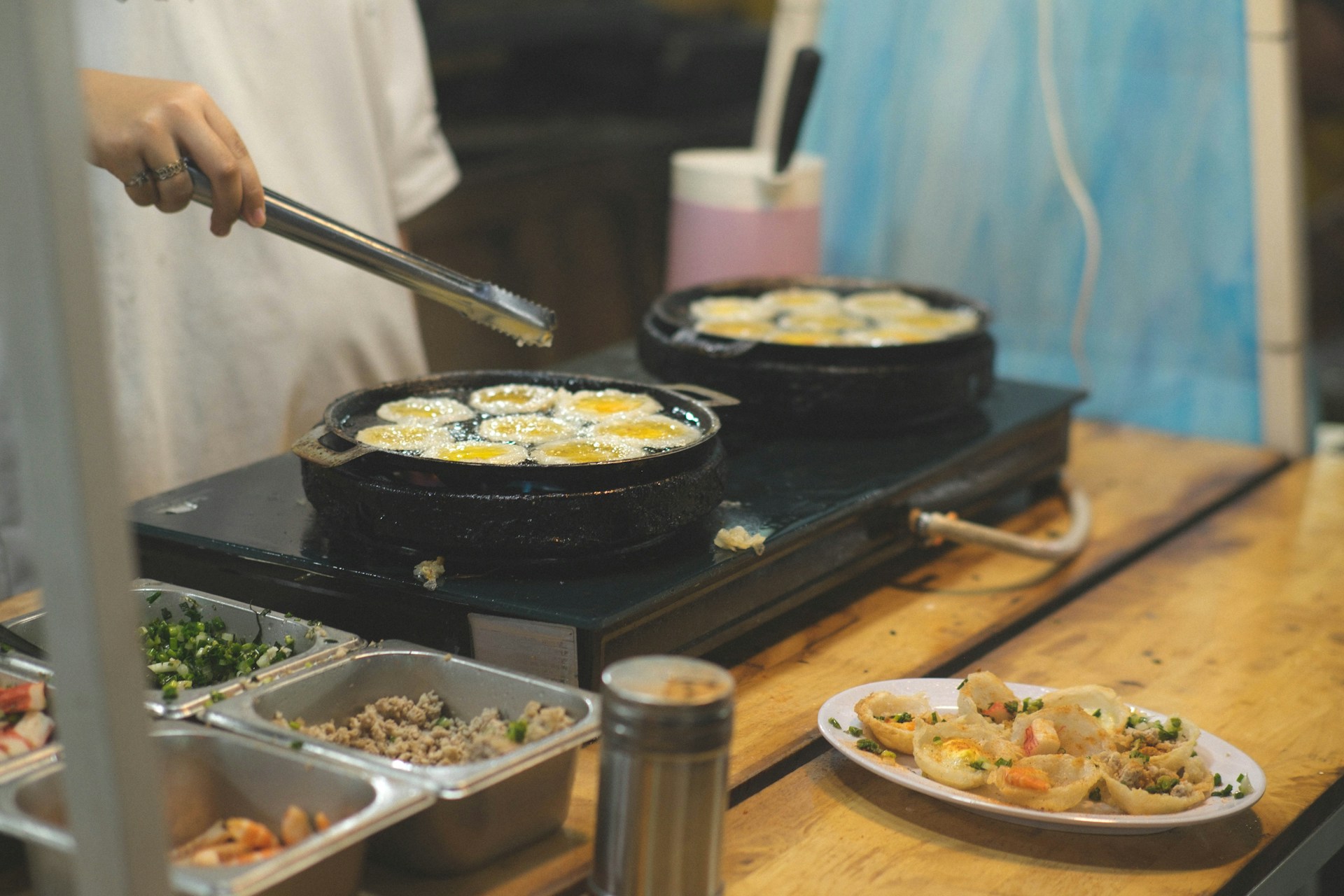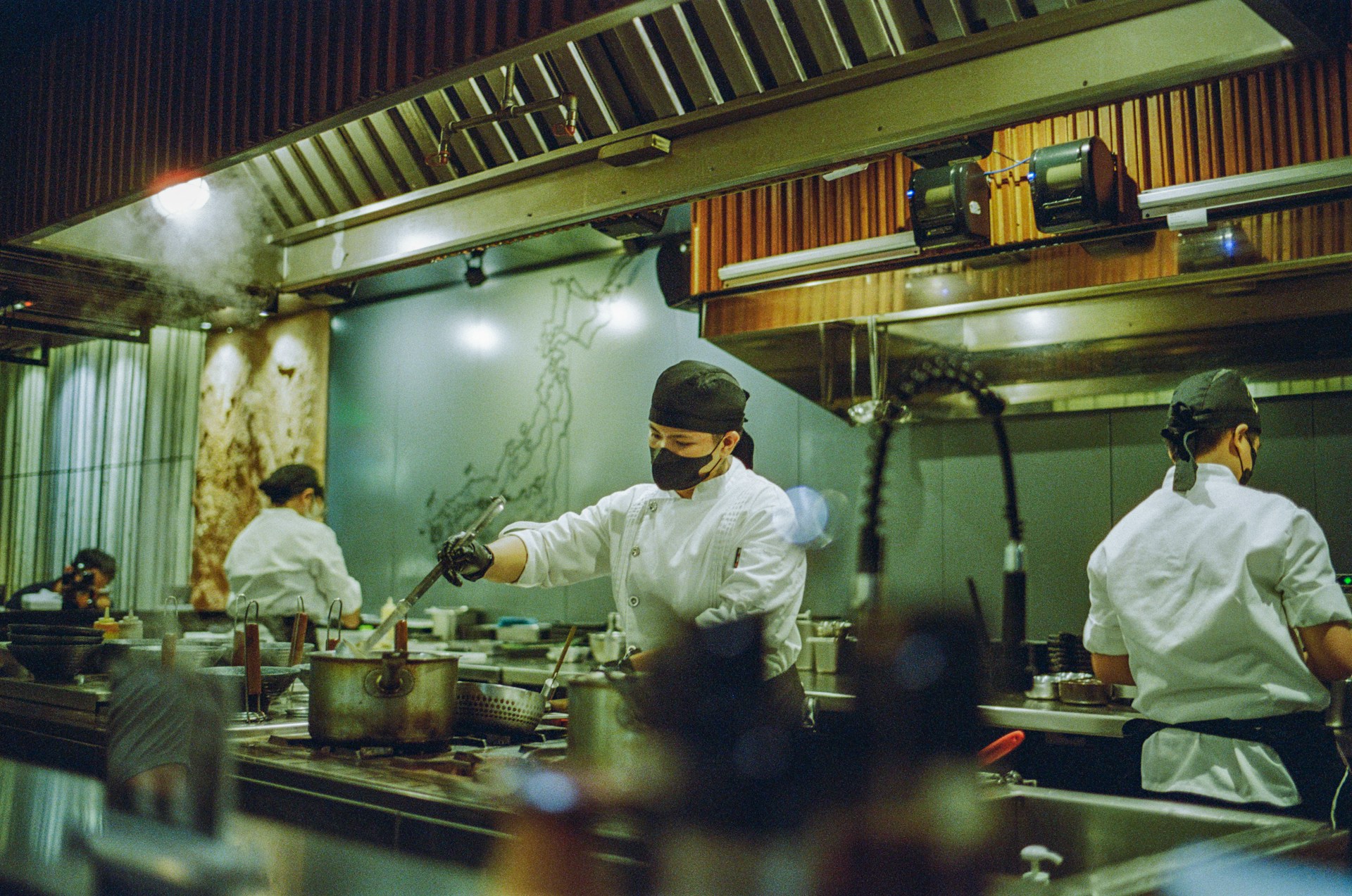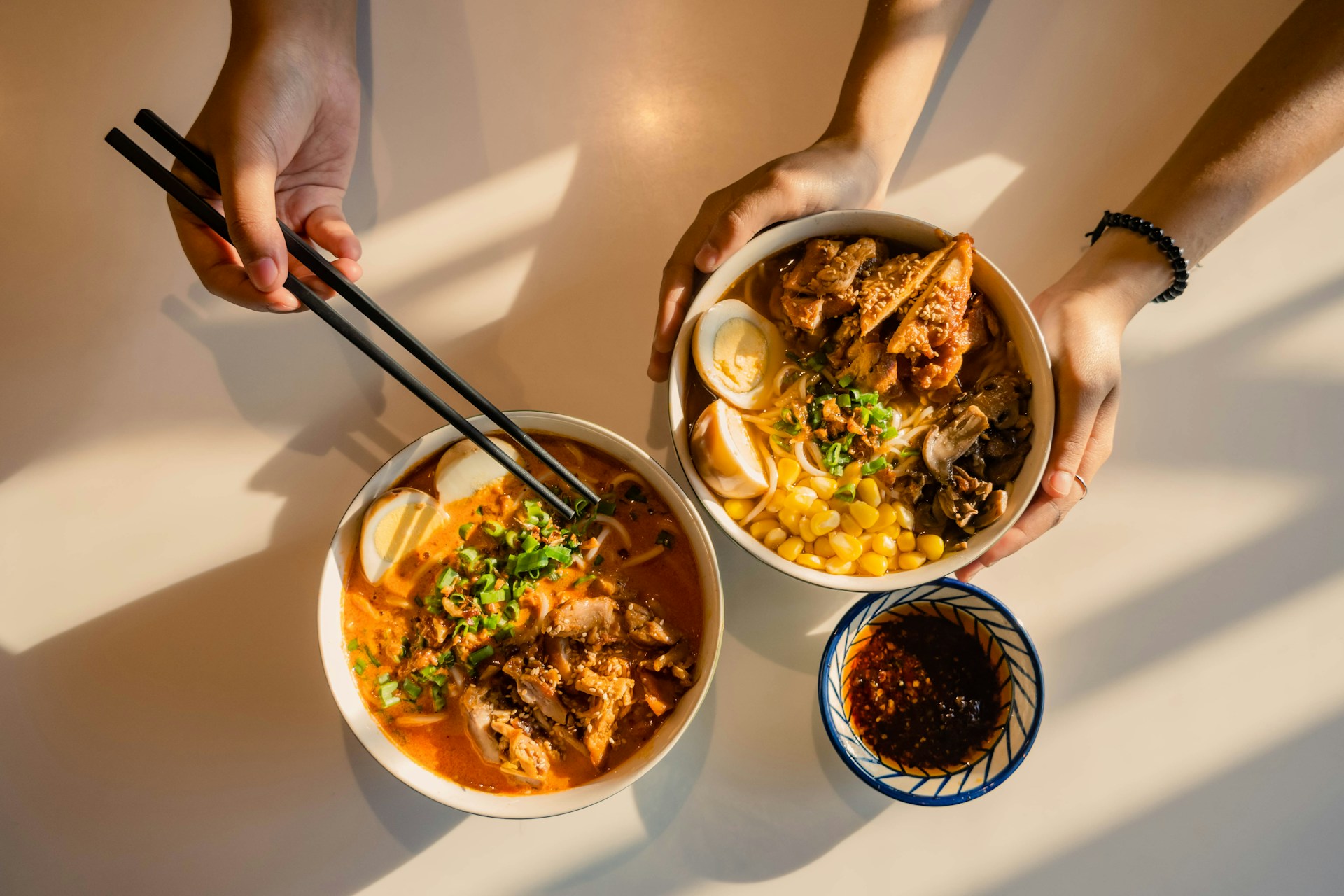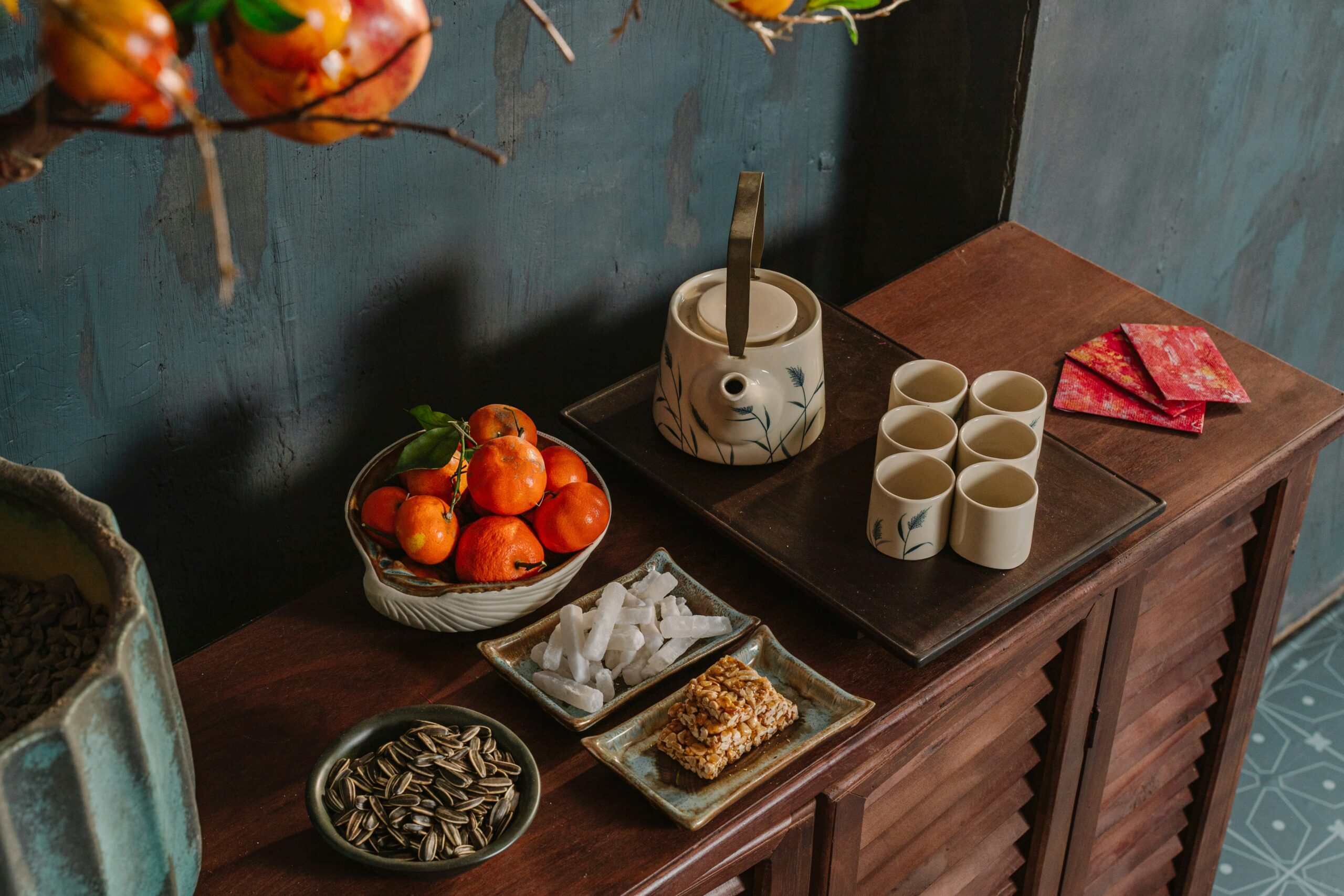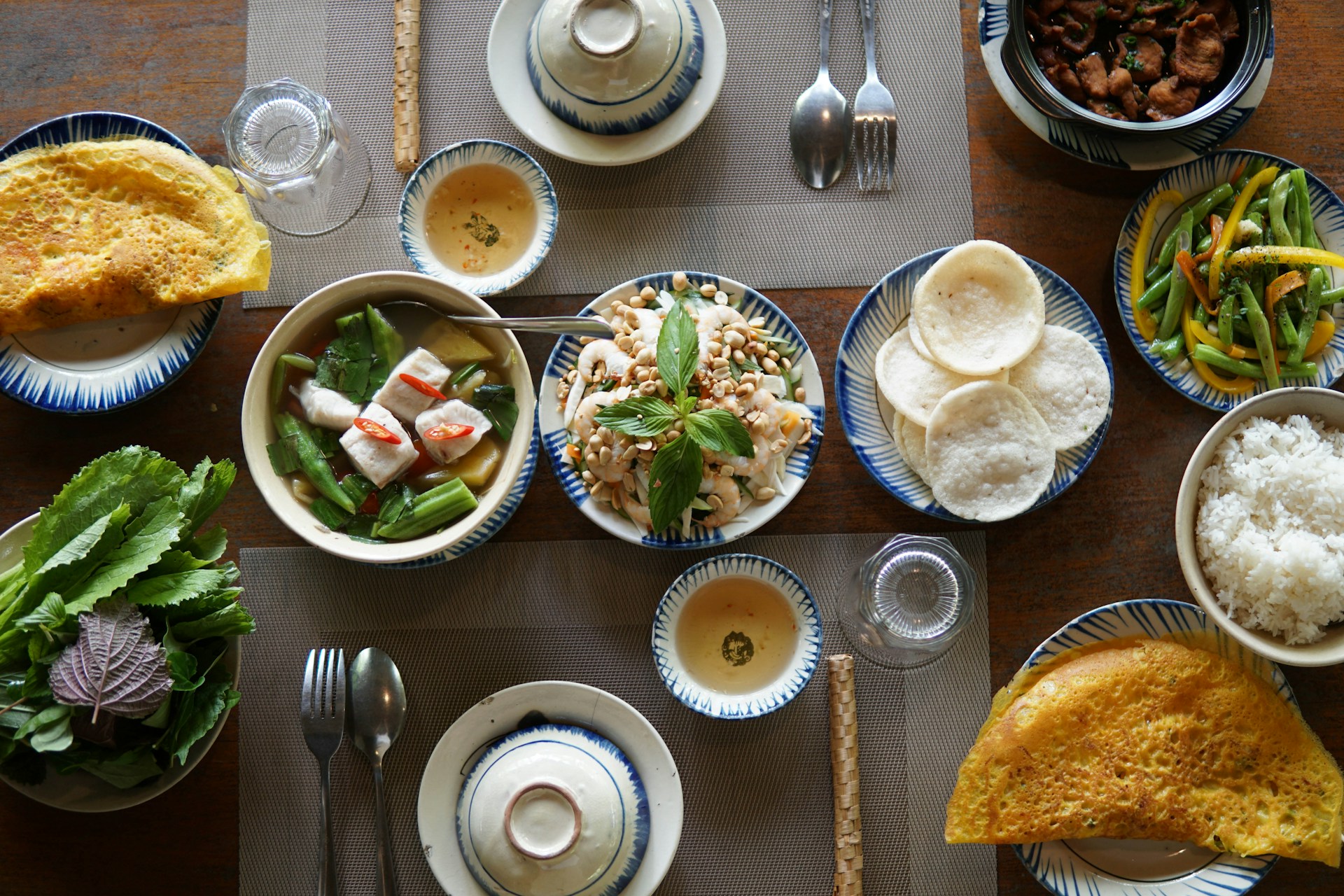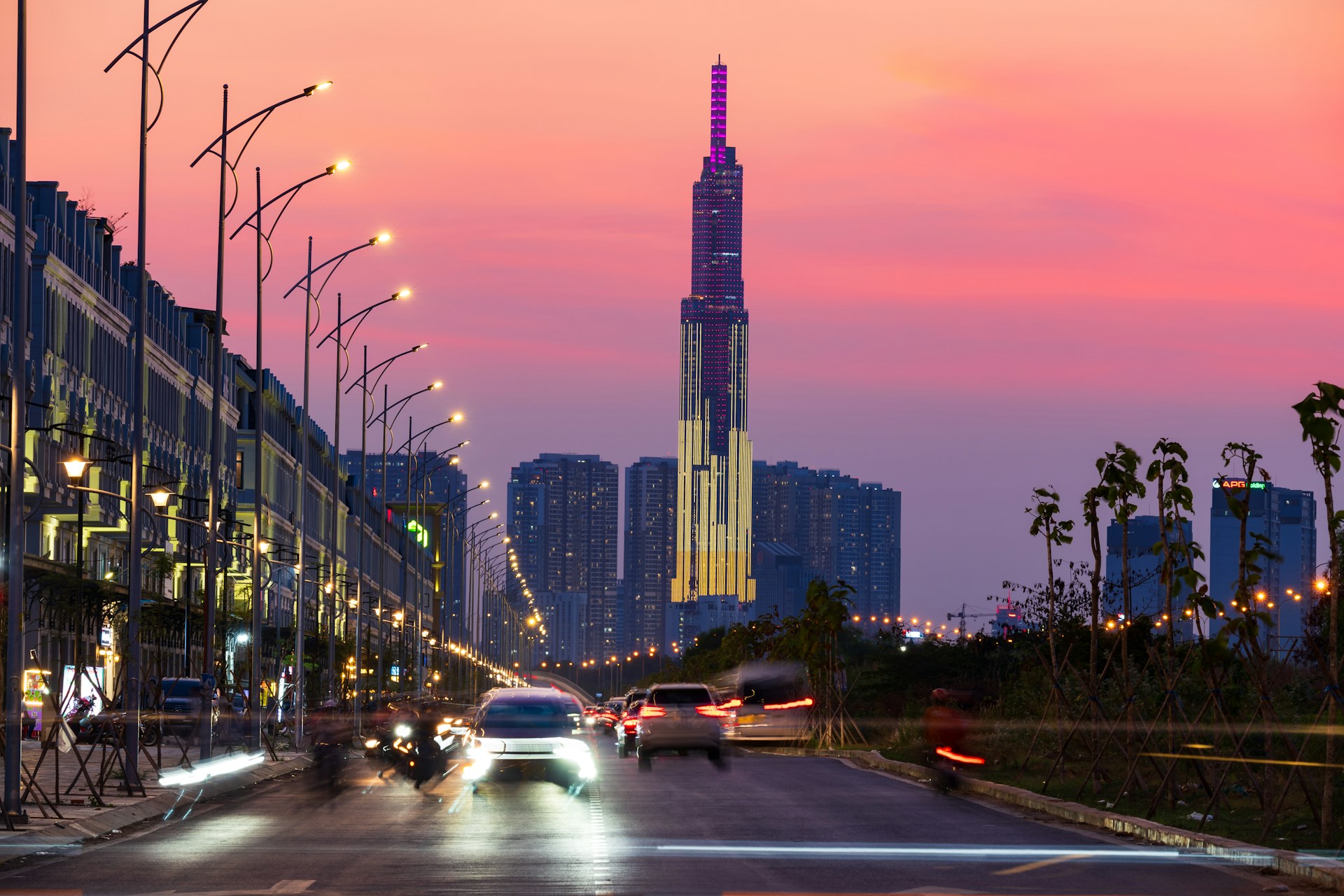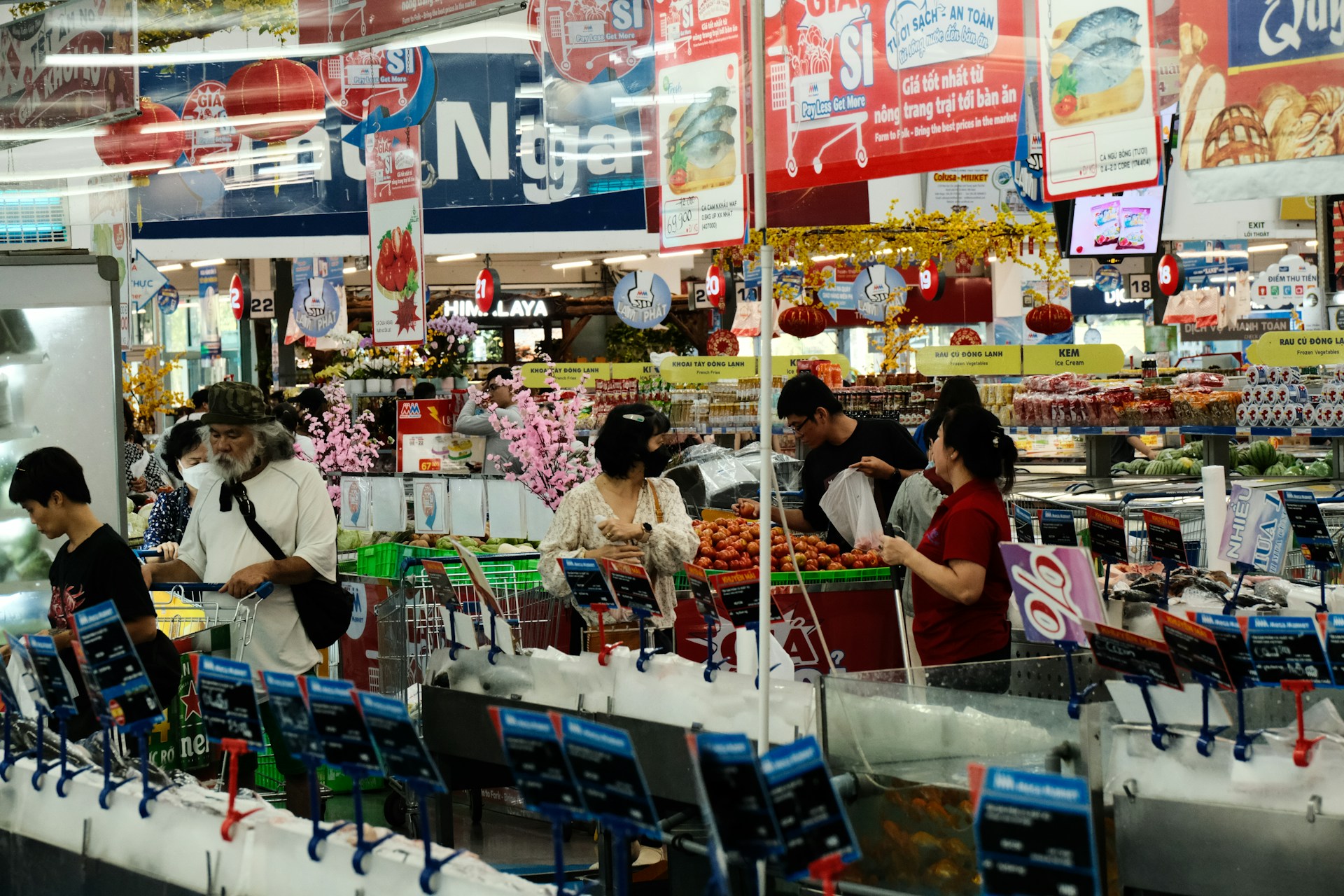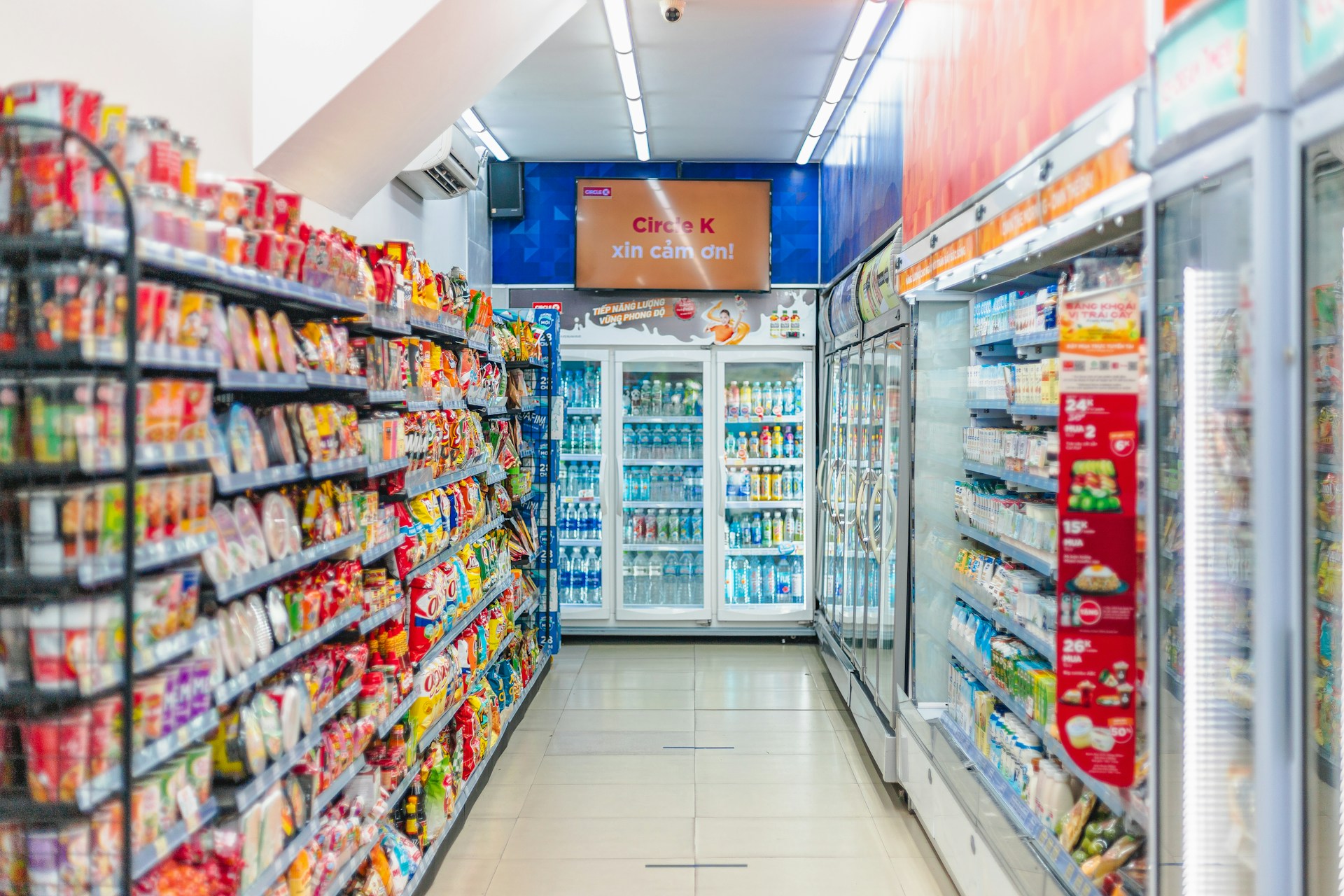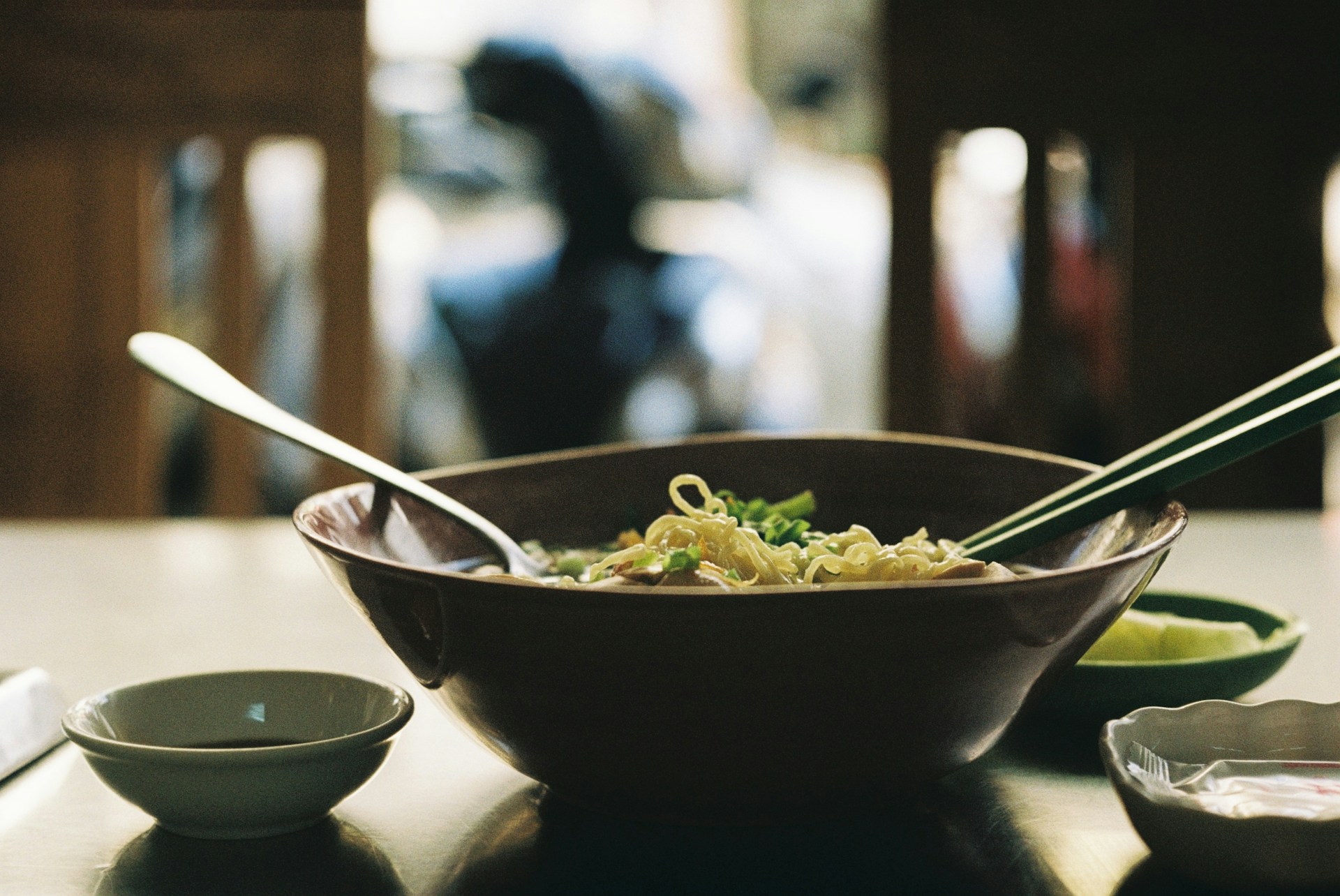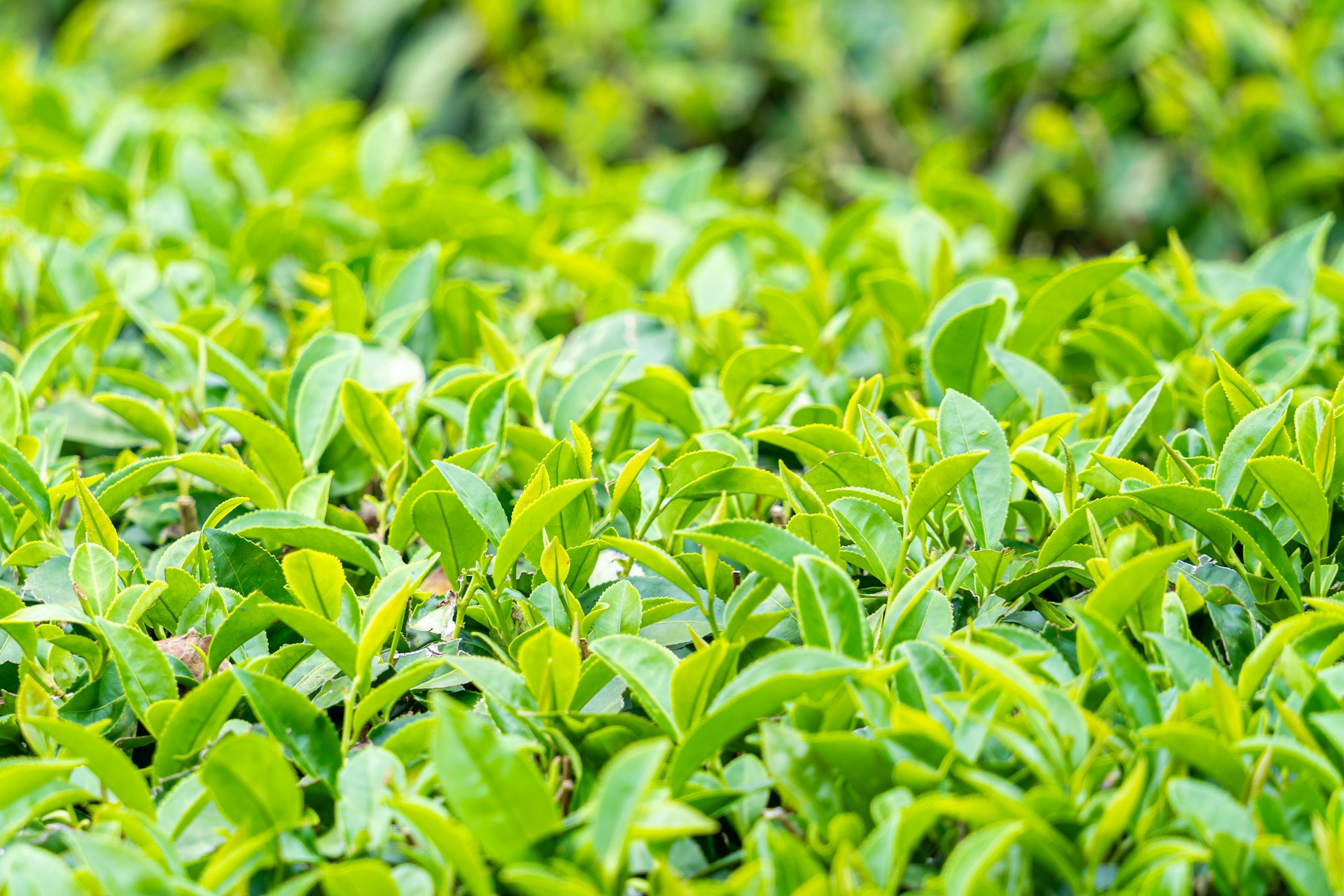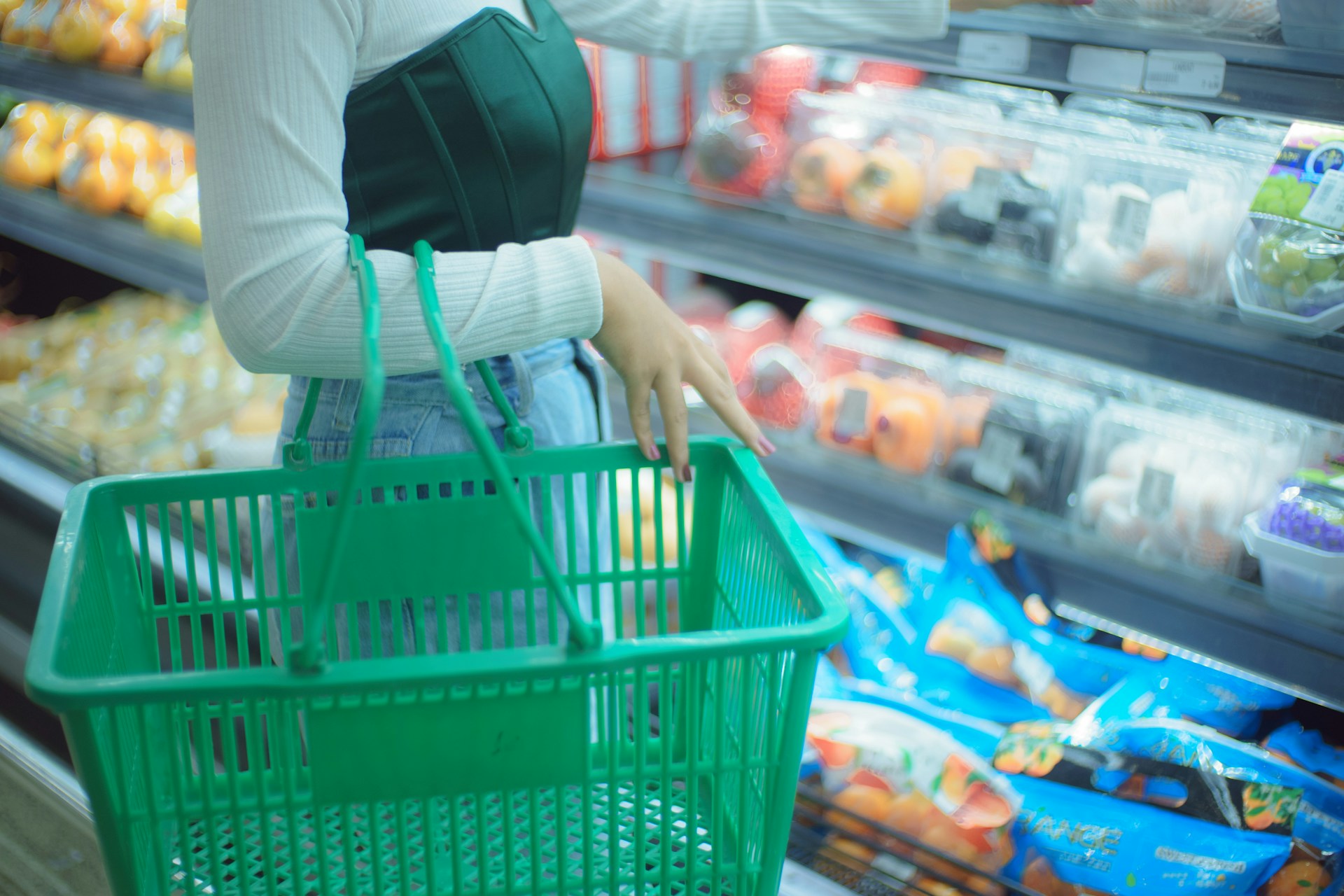베트남의 클린푸드 시장은 건강하고 안전한 식품 옵션에 대한 소비자 수요 증가로 인해 빠르게 성장하고 있습니다. 이러한 확장은 가처분 소득 증가, 도시화, 특히 젊은 세대의 건강 인식 증가로 인해 촉진되었습니다. 클린푸드 매장은 주로 하노이와 호치민시와 같은 주요 도시에 집중되어 있으며 현지에서 조달한 유기농 제품과 수입 유기농 제품을 혼합하여 제공합니다. 이 시장은 프리미엄 수입 상품에 대한 수요 증가와 전자 상거래 플랫폼의 성장 덕분에 특히 유기농 및 지속 가능한 제품을 제공하는 외국 식품 브랜드에 상당한 기회를 제공합니다.
베트남 클린푸드 시장 개요
베트남의 클린푸드 운동은 비교적 새롭지만 빠르게 성장하고 있습니다. 2024년 이 주제에 대한 Decision Lab과 Vero의 설문 조사에 따르면, 응답자의 거의 절반(46.3%)이 식습관을 바꾸는 데 관심이 있다고 답했고, 43.4%는 건강한 음식에 대한 지식이 향상되었다고 밝혔습니다.[1]. 여러 요인이 개발에 기여했는데, 특히 Covid-19 이후 식품 안전에 대한 소비자의 우려가 높아져 식품 생산에 대한 투명성 요구가 커졌습니다. 국제 안전 기준을 충족하는 유기농 또는 최소한으로 가공된 제품을 강조하는 깨끗한 음식이 자연스러운 해결책으로 떠올랐습니다.
베트남의 청정식품 시장도 가처분소득 증가와 도시화로 혜택을 받고 있습니다. 중산층은 성장하고 있으며 2023년 13%(약 1,300만 명)에서 2026년까지 26%로 확대될 것으로 예상됩니다.[2]특히 하노이와 호치민시와 같은 대도시에서 소비자들은 고품질 식품에 대해 프리미엄을 지불할 의향이 점점 더 커지고 있습니다. 이러한 추세와 함께 글로벌 식단 트렌드의 영향을 받아 건강과 웰빙에 대한 강조가 증가하고 있습니다. 젊은 세대, 특히 밀레니얼 세대와 Z세대는 깨끗한 식생활과 지속 가능한 소비에 특히 관심이 많아 유기농, 윤리적으로 공급된 제품에 대한 수요가 증가하고 있습니다.
Vietnamese consumers shopping from clean food store Organica in Hanoi
원천: 오가니카
베트남 정부는 또한 공중 보건을 보호하고 지속 가능한 농업을 촉진하기 위해 깨끗한 식품의 개발을 지원하고 장려하기 위한 다양한 정책을 시행했습니다. 그 중 결정 번호 885/QD-TTg[3] 2020-2030년 기간의 유기 농업 개발 계획 승인에 관하여 유기농 농업 분야를 늘리고 농부와 기업 간의 깨끗한 식품 생산 및 소비 파트너십을 장려하는 목표를 설정했습니다. 이를 통해 유기농 제품의 가용성이 점진적으로 증가하고 더 많은 깨끗한 식품 매장이 설립되었습니다.
시장의 주요 참여자
여러 국내 및 국제 브랜드가 베트남의 깨끗한 식품 소매 시장에서 핵심 업체로 자리매김했습니다. 이러한 회사는 더 건강한 대안을 찾는 소비자의 엄격한 요구 사항을 충족하는 제품을 제공함으로써 안전하고 유기농이며 깨끗한 식품에 대한 증가하는 수요를 활용했습니다.
현재 베트남의 클린푸드 매장은 주로 하노이와 호치민시와 같은 대도시에 집중되어 있으며, 특히 젊은 소비자, 직장인, 건강한 라이프스타일을 추구하는 가족 사이에서 건강하고 편리한 음식에 대한 수요가 높습니다. 이러한 매장에서는 종종 유기농 채소, 클린 육류, 통곡물, 방부제가 없는 최소한으로 가공된 식품과 같은 제품을 제공합니다.
베트남 농장의 제품을 유통하는 것 외에도 일부 매장에서는 호주, 미국, 한국, 일본 등 농업이 발달한 나라에서 상품을 수입합니다. 수입 품목에는 종종 유기농 식품, 다양한 견과류, 글루텐 없는 제품이 포함되어 특정 소비자의 요구를 충족합니다.
판매 채널의 경우, 매장 내 구매 외에도 전자상거래 플랫폼, 가장 일반적으로 매장 자체 웹사이트가 점점 더 인기를 얻고 있습니다. 소비자는 온라인으로 쉽게 주문할 수 있으며, 많은 매장에서 현대 생활에서 편의성에 대한 수요가 증가함에 따라 택배 서비스를 제공합니다.
아래 표는 베트남의 청정식품 매장 체인의 주요 업체 중 일부를 보여줍니다.
출처 : B&Company의 종합
이러한 주요 업체는 소비자에게 건강하고 지속 가능하며 안전한 제품에 대한 신뢰할 수 있는 공급원을 제공함으로써 베트남의 클린푸드 시장을 형성하는 데 도움을 주었습니다. 시장이 계속 진화함에 따라 이러한 회사는 제품과 범위를 확장하여 클린푸드 부문의 성장을 더욱 촉진할 가능성이 높습니다.
외국 식품 브랜드의 기회
베트남의 깨끗한 식품 시장의 급속한 발전은 외국 식품 브랜드, 특히 유기농, 지속 가능, 건강에 초점을 맞춘 제품을 전문으로 하는 브랜드에 수많은 기회를 제공합니다. 베트남을 외국 브랜드에게 매력적인 목적지로 만드는 몇 가지 요인은 다음과 같습니다.
첫째로, 수입 상품에 대한 수요 증가 외국 식품 브랜드에 상당한 이점을 제공합니다. 베트남 소비자는 수입 제품을 선호하는 경향이 강하며, 이는 종종 더 높은 품질과 더 엄격한 안전 기준과 관련이 있습니다. 일본, 한국, 유럽 국가와 같이 엄격한 식품 안전 관행으로 알려진 국가의 브랜드는 이러한 인식을 활용할 수 있습니다. 유기농, 비GMO 또는 최소한으로 가공된 식품에 대한 선호도를 충족하는 제품은 수용 가능한 시장을 찾을 가능성이 높습니다.
Clean fishery products imported from overseas
원천: WinMart의 소셜 사이트
둘째, 지역 소매업체와의 파트너십 VinMart와 같은 회사는 베트남 시장에 대한 전략적 진입점을 제공합니다. 이러한 협력을 통해 외국 브랜드는 확립된 고객 기반에 접근할 수 있으며 현지 규제 환경을 탐색하는 데 도움이 됩니다. 신뢰할 수 있는 현지 리테일러와 협력하면 브랜드 인지도와 소비자 신뢰도가 높아져 외국 브랜드가 성공하기가 더 쉬워집니다.
셋째, 베트남의 급성장하는 전자상거래 부문 외국 브랜드에 더 많은 기회를 제공합니다. 인터넷 보급률이 높고 온라인 식료품 쇼핑이 늘어나고, 특히 도시 지역에서 외국 브랜드는 자체 호스팅 웹사이트나 Shopee와 같은 전자상거래 플랫폼에서 온라인 입지를 구축할 수 있습니다. 또한 ShopeeFood, Grab 또는 beFood와 같은 지역 배송 서비스와 협력하면 브랜드가 집에서 바로 배송할 수 있는 편의성과 프리미엄 제품을 찾는 기술에 정통한 소비자에게 다가갈 수 있습니다.
Fresh nuts on Shopee e-commerce site
원천: 쇼피
마지막으로, 지역 농업에 대한 투자 외국 브랜드에 귀중한 전략이 될 수 있습니다. 유기농 농업에 투자하거나 베트남 생산자와 합작 투자를 함으로써 외국 기업은 베트남의 유기농 농업 부문을 지원하는 동시에 고품질의 현지에서 재배된 재료를 안정적으로 공급받을 수 있습니다. 이는 지속 가능한 농업과 식품 안전을 촉진하려는 정부의 노력과 일치하여 외국 브랜드와 현지 농부 모두에게 윈윈 상황을 만들어냅니다. 일본 국제 협력 기구(JICA)의 쿠도 요시모토 부국장에 따르면, 최근 몇 년 동안 베트남과 일본의 농업 협력은 상당한 진전을 이루었으며, 특히 일본이 베트남에서 적극적으로 추진하고 있는 4개 부문 중 하나인 녹색 농업 분야에서 진전을 이루었습니다.[4].
결론
베트남의 클린푸드 시장은 더 안전하고 건강하며 지속 가능한 식품 옵션에 대한 소비자 수요가 증가함에 따라 빠르게 진화하고 있습니다. 베트남에서 클린푸드 매장 체인이 발전하면서 건강을 의식하는 도시 소비자를 대상으로 하는 활기찬 소매 시장이 형성되었습니다. 외국 식품 브랜드의 경우 프리미엄 수입 제품에 대한 수요 증가를 활용하는 것부터 현지 리테일러와 협력하고 전자 상거래 플랫폼을 활용하는 것까지 다양한 기회가 있습니다.
규제 장벽과 현지 브랜드와의 경쟁을 포함한 몇 가지 어려움에도 불구하고, 베트남의 깨끗한 식품 시장은 베트남의 진화하는 식품 부문에 투자하려는 외국 기업에 상당한 잠재력을 보유하고 있습니다. 베트남 소비자들이 건강과 웰빙을 계속 우선시함에 따라, 이러한 가치와 일치하는 외국 브랜드는 이 역동적인 시장에서 성공할 수 있는 좋은 위치에 있을 것입니다.
[1] Vietcetera(2024). 팬데믹은 베트남인들에게 건강한 식습관을 갖도록 동기를 부여했지만, 일부 요인들이 그들을 억제하고 있다평가하다>
[2] 베트남 브리핑(2024). 베트남 중산층 이해: 규모, 지출 패턴 및 기업 기회평가하다>
[3] 총리(2020). 2020-2030년 기간의 유기 농업 개발 계획 승인.평가하다>
[4] 메콩 ASEAN(2023). 베트남과 일본의 녹색 농업 협력 강화평가하다>
| 주식회사 비앤컴퍼니
2008년부터 베트남에서 시장 조사를 전문으로 하는 최초의 일본 기업입니다. 업계 보고서, 업계 인터뷰, 소비자 설문 조사, 비즈니스 매칭을 포함한 광범위한 서비스를 제공합니다. 또한, 최근 베트남에서 900,000개 이상의 기업에 대한 데이터베이스를 개발하여 파트너를 검색하고 시장을 분석하는 데 사용할 수 있습니다. 문의사항이 있으시면 언제든지 문의해주세요. info@b-company.jp + (84) 28 3910 3913 |
다른 기사를 읽어보세요
